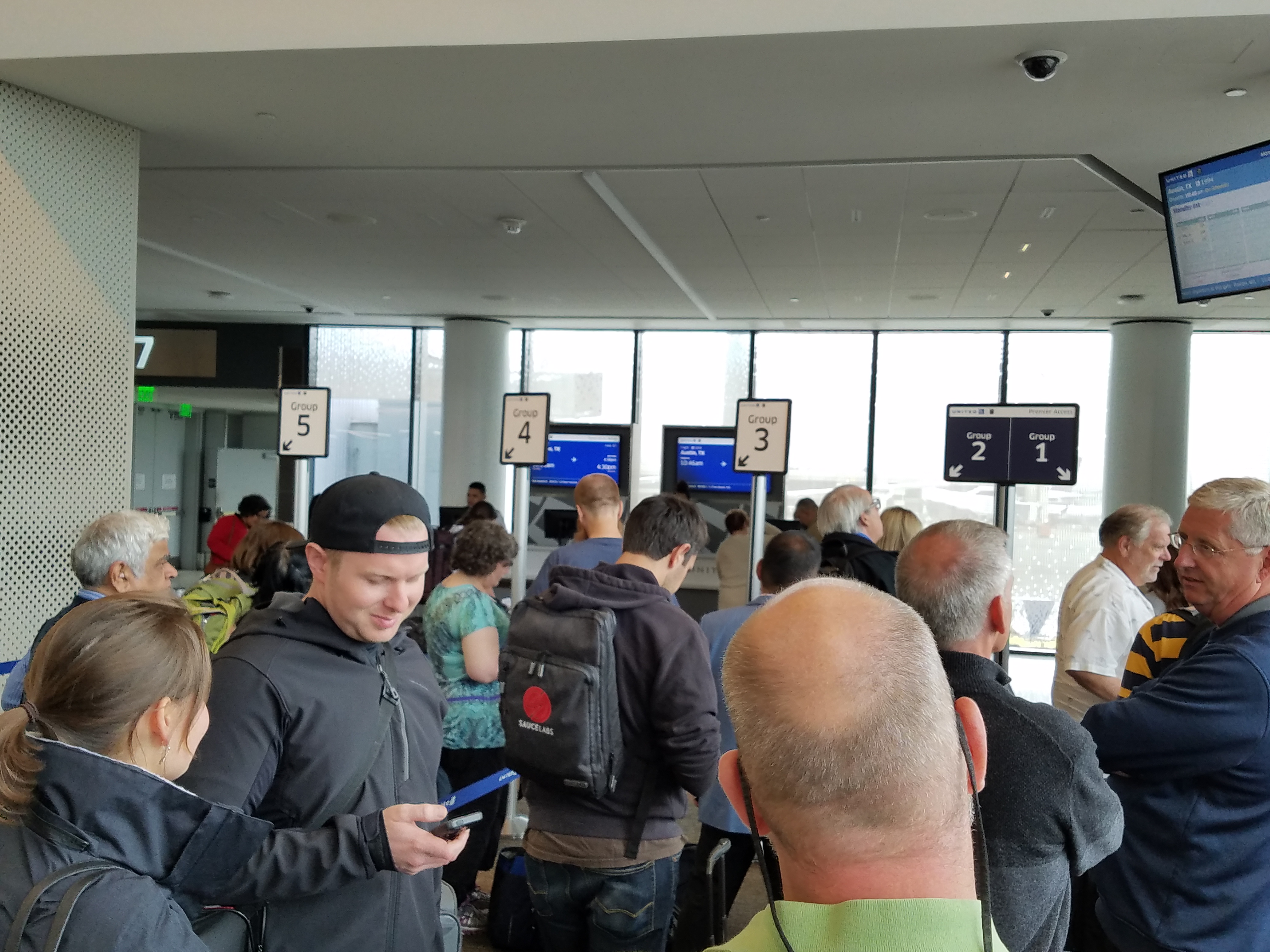Flying with Cannabis: What You Need to Know Now
Flying with cannabis is complicated, thanks to conflicting state and federal rules. Here’s what savvy travelers need to know.

Understanding Federal vs. State Laws
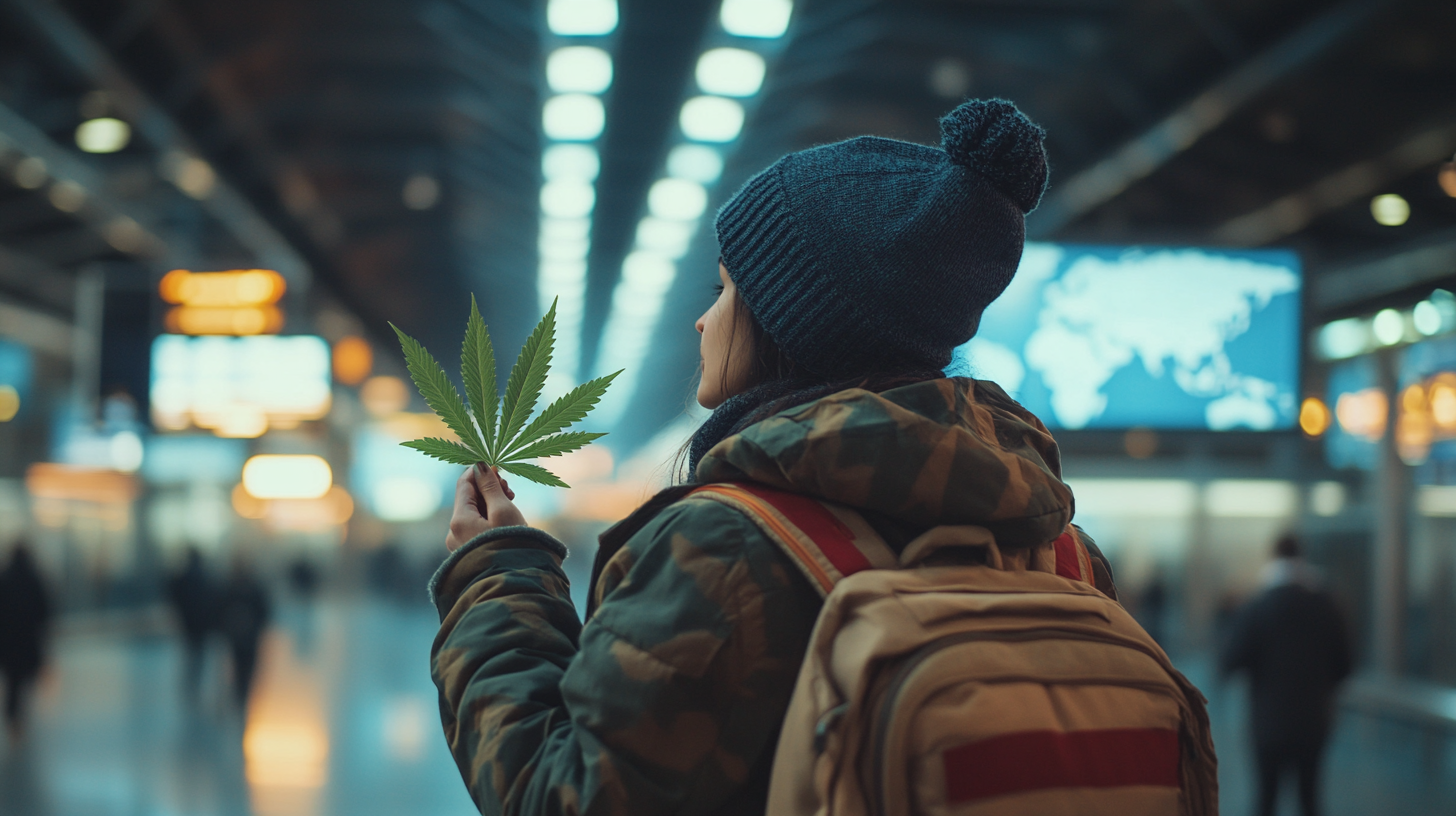
I’ve seen firsthand how crossing state lines can be stressful when cannabis is involved. As of early 2025, recreational marijuana is legal in at least 24 states, while 38 states (plus D.C. and some U.S. territories) allow it for medical use. Yet it’s still classified as illegal under federal law. That’s why airport security agents and customs officials often enforce stricter federal regulations even in states where marijuana is otherwise allowed. The disconnect between state and federal rules can lead to major confusion and potential legal issues at airports.
From my perspective, that confusion stems from outdated policies that haven’t caught up to state-level changes. According to a recent policy review published in the Journal of Cannabis Research, the disparity between state and federal marijuana laws is unlikely to be resolved overnight. This means even individuals with valid medical marijuana cards can face penalties if they don’t follow federal rules when traveling by air.
It’s important to understand that federal law supersedes state law at airports. That means if you’re carrying any form of cannabis through an airport—even in a state where it’s legal—you run a risk of confiscation, fines, or arrest. Knowing this, I always urge people to do some homework on both local and federal guidelines before packing anything that might raise eyebrows at security checkpoints.
The TSA’s Role
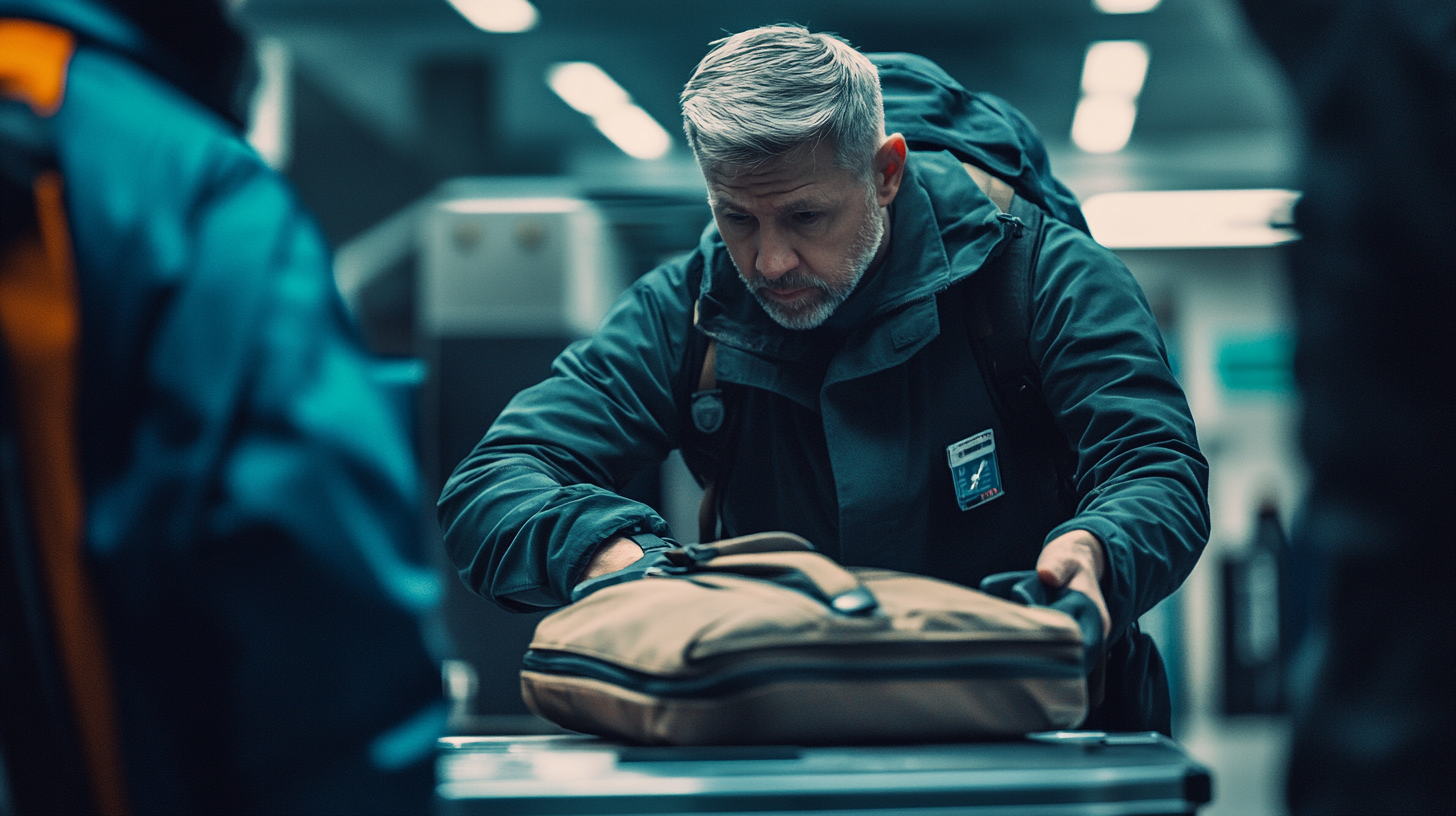
The Transportation Security Administration (TSA) primarily focuses on threats to aviation, such as weapons or explosives. Marijuana, in theory, is a lower priority. However, agents are obligated to report anything that’s illegal under federal law, which includes cannabis containing more than 0.3% THC. This can trigger law enforcement involvement, which is a hassle nobody wants mid-travel.
In my own travels, I’ve observed that TSA screenings vary somewhat by airport. Some airports may have more advanced scanning technology, while others rely on manual inspections if something looks suspicious on the scanner. If an agent suspects you’re carrying illegal substances, they’re likely to contact local or federal authorities. It’s not uncommon for travelers to experience significant delays—or even miss flights—while the matter is sorted out.
That said, official TSA communication suggests they aren’t going out of their way to search for cannabis. Instead, they focus on safety threats. But be aware: once they do find marijuana over the legal THC threshold, the matter is no longer just about airport security—it becomes a legal issue. So if you’re flying with questionable items, you could be in for an unplanned conversation with airport police or federal officers.
CBD, THC, and the 0.3% Rule
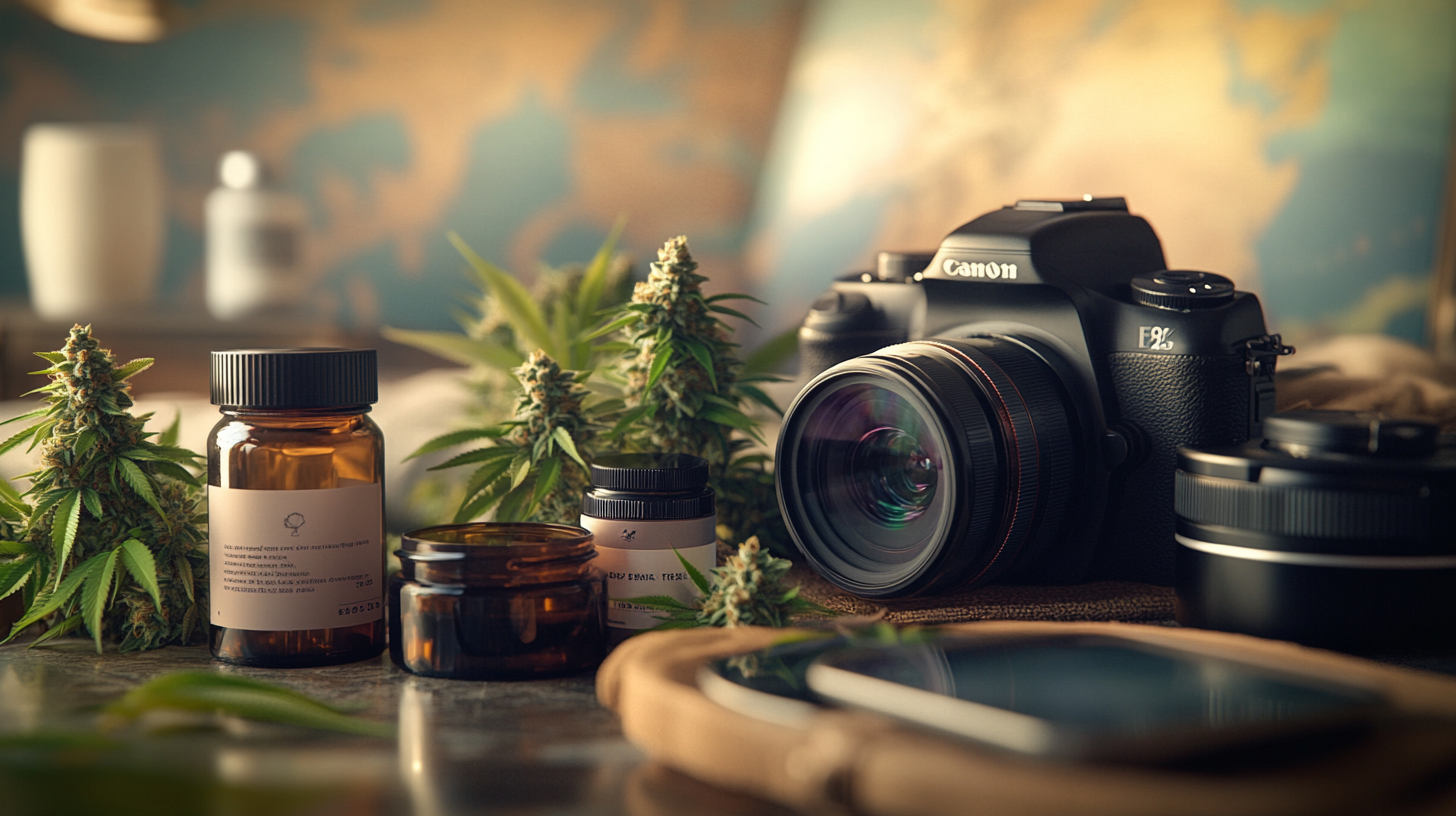
Under federal guidelines, products with less than 0.3% THC are categorized as hemp-derived rather than marijuana. I’ve heard many fellow travelers talk about how they rely on CBD for anxiety or joint pain during long flights. Generally, CBD products with low THC levels are less likely to attract scrutiny. For example, studies show that properly labeled CBD items from reputable manufacturers often pass inspections without incident.
However, certificates of analysis for CBD products aren’t always at hand. If TSA officers can’t verify the THC content on the spot, they’re more prone to confiscate the product or, in extreme cases, involve local law enforcement. In my view, it’s crucial to keep original packaging or lab results if you must bring CBD along, but that still doesn’t guarantee a trouble-free experience.
Travelers should also bear in mind the evolving landscape of CBD regulations in different states. A 2024 consumer affairs report found that many CBD products on the market didn’t match their label claims, which underscores why TSA agents may remain skeptical. To avoid confusion and potential losses, I generally recommend picking up CBD-infused items once you’ve reached a legal destination rather than risking it on the flight.
Domestic Travel Considerations
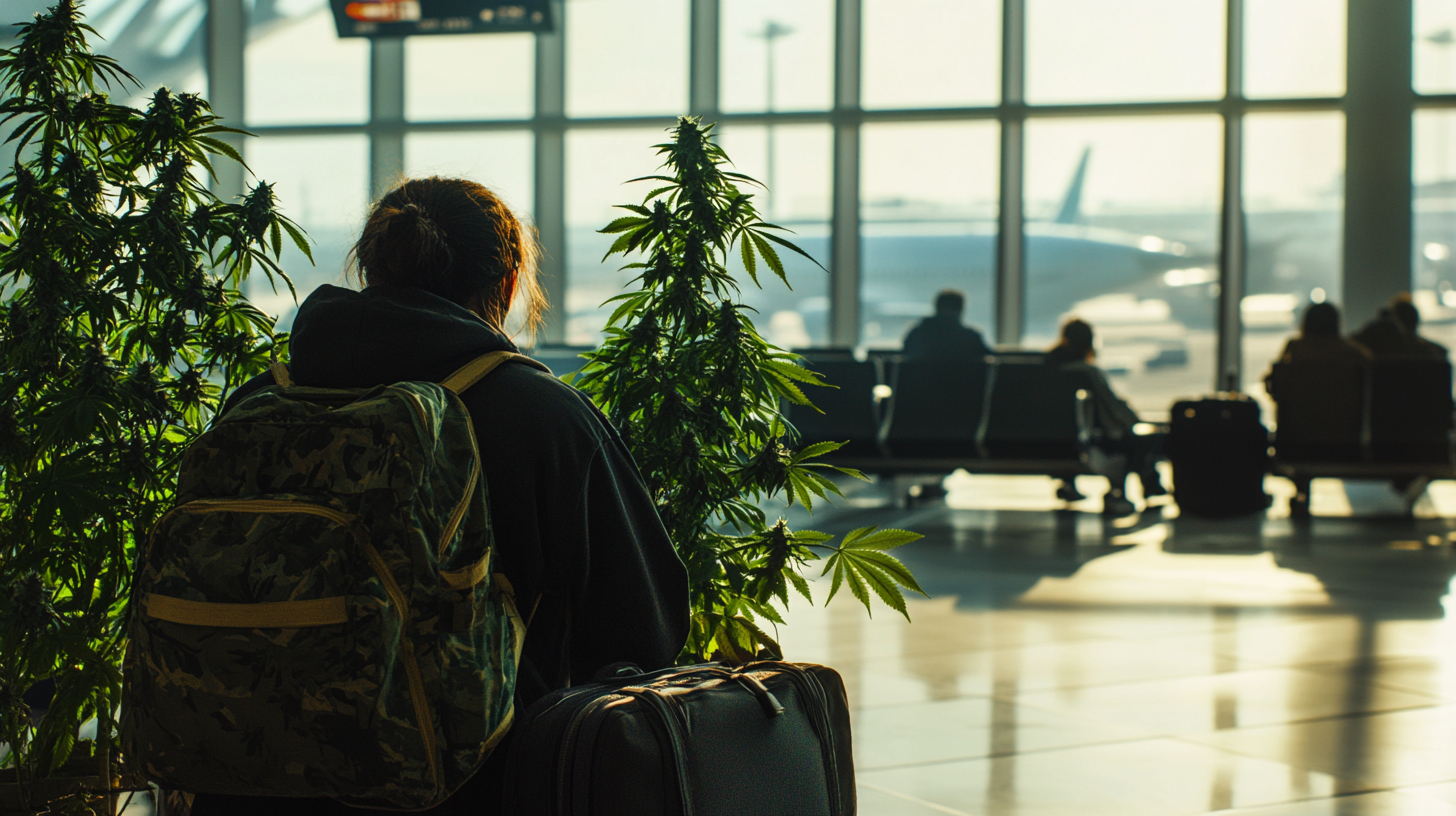
Flying domestically within the United States might feel more relaxed, but it doesn’t automatically exempt you from complications. Airport policies can differ substantially, even within the same state. In some jurisdictions, local police may be more lenient if you have a valid medical marijuana card, whereas in others, officers might strictly enforce federal restrictions.
In my travels, I’ve learned that even if you board an airplane in a state where recreational use is legal, you could land in a state where rules are stricter. The flight itself operates under federal jurisdiction, so you’re still at risk the moment you step into that federal space. Checking updated policies at both your departure and arrival airports is a must.
For flyers who need medical cannabis, documentation is sometimes helpful but not always foolproof. According to industry data, a handful of airlines have their own guidelines on carrying prescription medications, but these don’t necessarily override TSA or federal rules. Always read airline-specific policies. When in doubt, I tend to err on the side of leaving my cannabis products at home to avoid any potential headaches.
International Travel
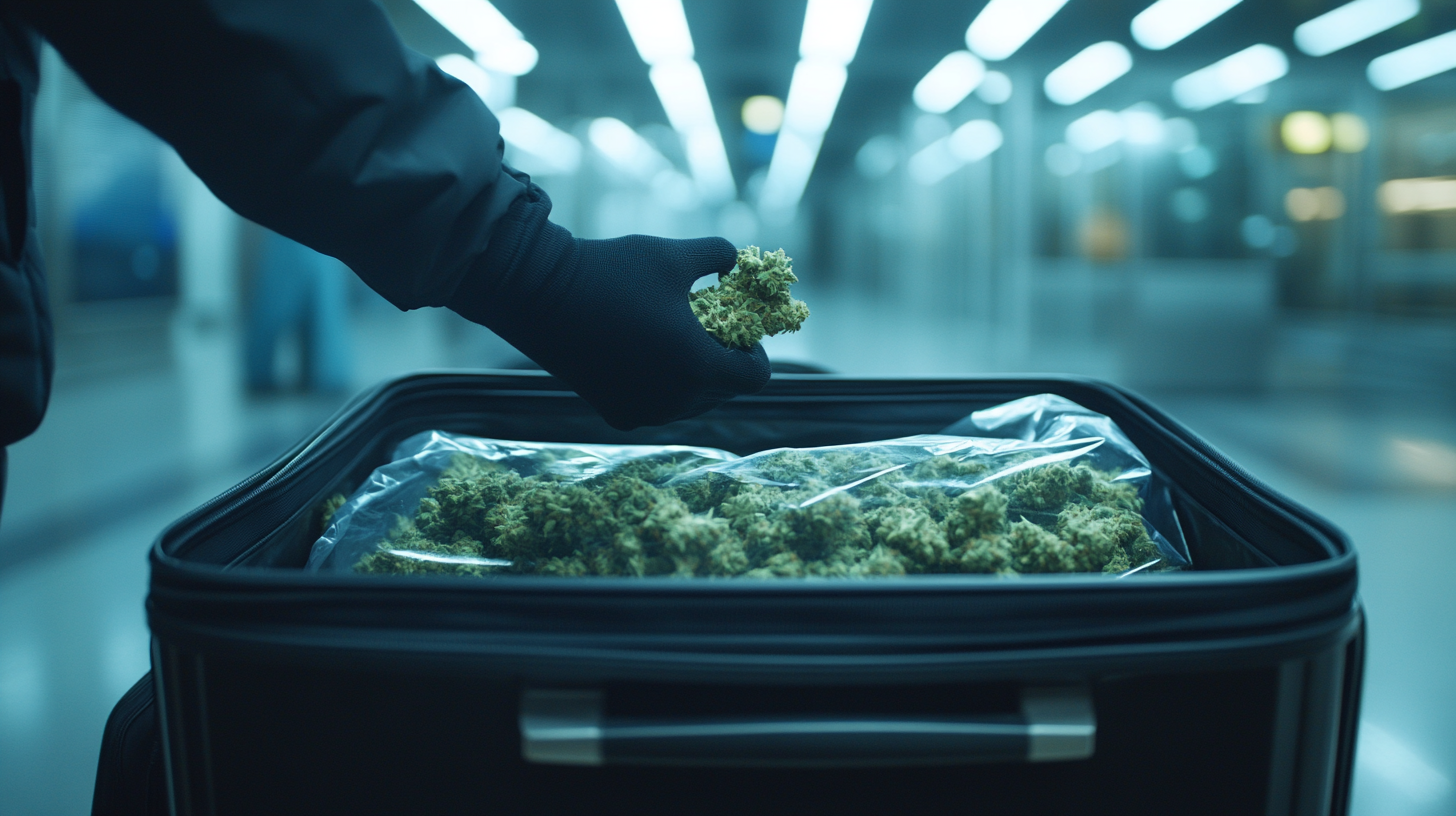
Crossing international borders with cannabis is a major no-go. Each country has its own set of laws, and penalties for possession can be extremely harsh. For instance, some places enforce hefty fines or jail time for even small amounts of marijuana. I met a traveler who, not long ago, was detained for carrying what they believed to be legal CBD oil into a country that classified it as a banned substance.
U.S. Customs and Border Protection is equally vigilant. A recent report from the United Nations Office on Drugs and Crime highlighted the global instability of cannabis laws, emphasizing that many countries penalize cannabis possession more severely than the U.S. does at the federal level. This uncertainty is why I usually advise leaving any form of cannabis—including infused edibles—behind when going abroad.
Even if you’re traveling from one “cannabis-friendly” country or state to another, you’re still crossing international checkpoints where different laws apply. To me, that’s a recipe for a legal quagmire. Play it safe and steer clear of packing marijuana in your luggage if your itinerary leads you overseas.
Top 3 Tips for Cannabis-Carrying Flyers
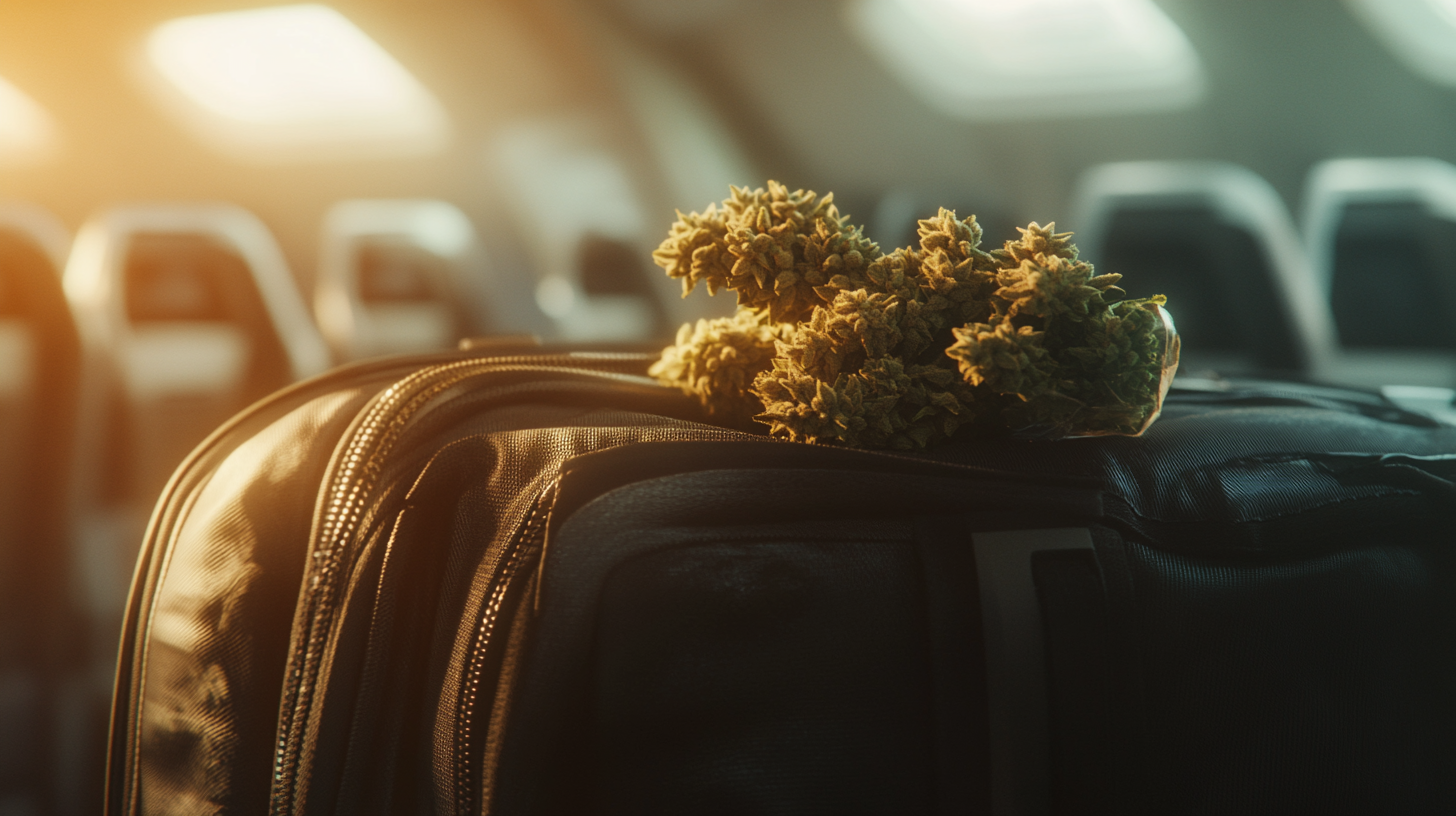
1. Know the Laws: I can’t stress this enough: always do your research. Check government websites for both your origin and destination. A state’s stance on recreational marijuana might not match local airport policies. Keeping tap on the latest regulations ensures fewer unpleasant surprises.
When possible, I recommend looking at local news sources for real-time updates. Regulations can shift rapidly, and what was allowed yesterday might become restricted tomorrow. Familiarizing yourself with the guidelines can save you a stressful confrontation.
2. Understand the Risks: The federal prohibition remains in place, and TSA is duty-bound to escalate any suspected violations. I’ve witnessed travelers losing expensive products to confiscation. More unfortunate scenarios include fines or arrests, particularly if you’re carrying large quantities.
Some airports in legal states have “amnesty boxes” where passengers can discard cannabis items before security checks, but these aren’t available everywhere. If you’re unsure whether your items are acceptable, it might be better to err on the safe side and offload them before you get to the airport.
3. Consider Safer Alternatives: If you absolutely need a cannabis-related product to manage stress or medical symptoms while en route, hemp-derived items under 0.3% THC are typically more acceptable. In many cases, legal CBD can replicate some of the calming benefits of THC-heavy products. That said, not all labeling is accurate, so read the fine print.
I’ve personally opted for hemp-derived CBD tinctures in several instances without any issues at security. Still, the ultimate peace of mind often comes from leaving your stash at home. For frequent flyers, traveling light and worrying less about airport scrutiny can be a game-changer.
Final Thoughts
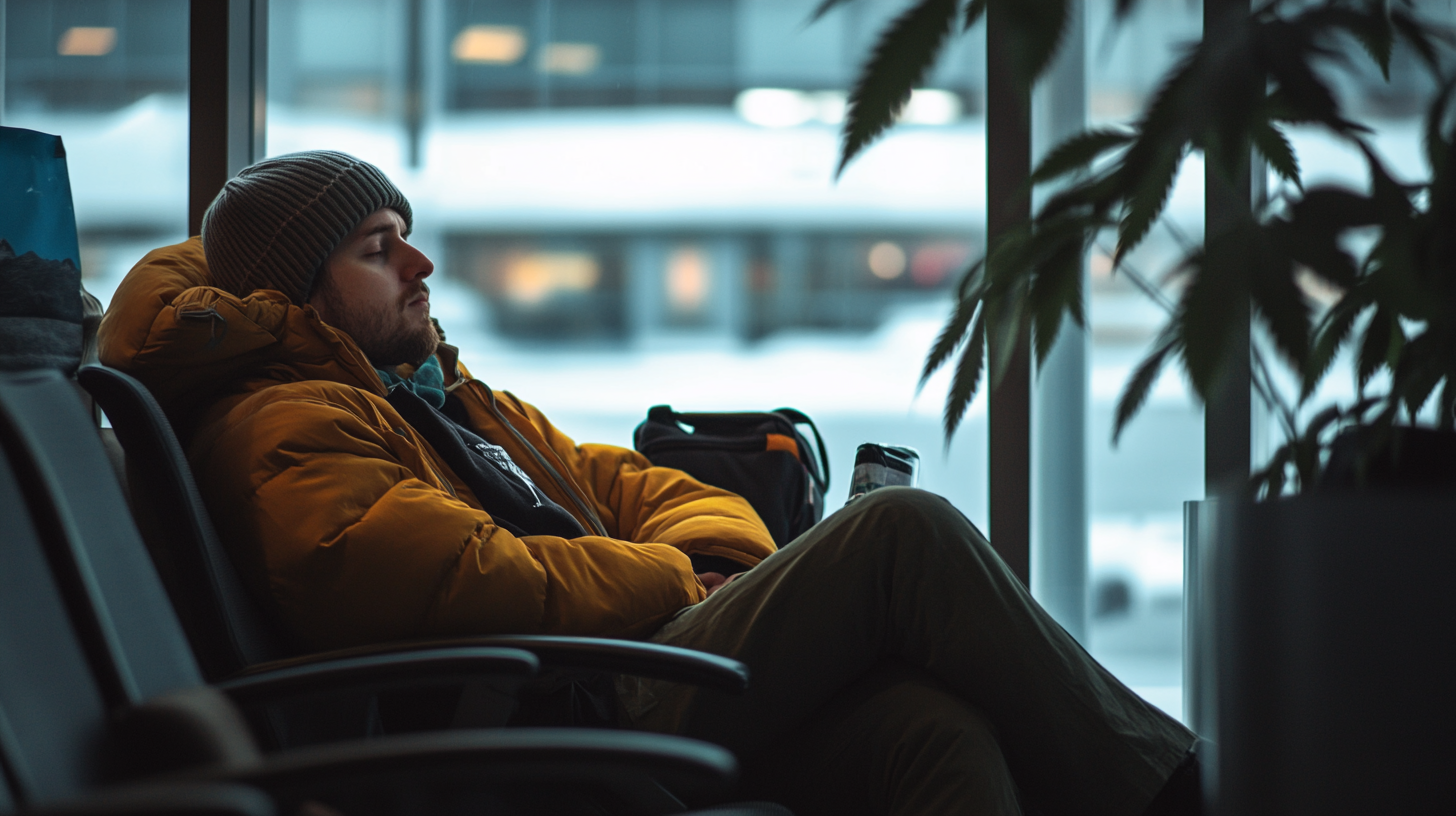
Navigating cannabis regulations in the aviation world demands staying vigilant. The tricky dance between state-friendly laws and federal prohibitions is still very much ongoing. In my experience, investing time in research pays off far more than rolling the dice at security checkpoints.
Ultimately, you need to assess your personal comfort level with carrying any type of cannabis product. While some individuals skate by without issues, others find themselves caught up in steep fines or legal encounters. Awareness and preparation remain your best defenses.
Stay informed about evolving legislation, and don’t forget that what’s valid today might become obsolete down the road. Being proactive helps you sidestep the tangled web of disparate laws and keeps your journey moving smoothly.
Brad Lightall’s Take
When I’m weighing whether to fly with cannabis, I compare it to deciding if I should pack that extra pair of hiking boots. Is it truly worth the added weight and potential hassle? In most cases, I’ve found a simpler route to be best—pick it up legally at your destination or rely on low-THC alternatives.
Cannabis culture has made huge strides, but our air travel infrastructure hasn’t fully caught up. Until it does, I’ll be watching the developments and sharing the most practical insights I gather along the way.
Stay with us at BoardingArea for more.




![‘The Amityville Horror’ Is a Cautionary Tale About Selling Your Real-Life Horror Story [The Losers’ Club Podcast]](https://bloody-disgusting.com/wp-content/uploads/2025/05/amityville-horror.jpeg)















































![Hit or Myth [WACO: THE RULES OF ENGAGEMENT]](http://www.alamoministries.com/content/english/images/waco.jpg)
![Fascinating Rhythms [M]](https://jonathanrosenbaum.net/wp-content/uploads/2011/04/m-fingerprint.jpg)





























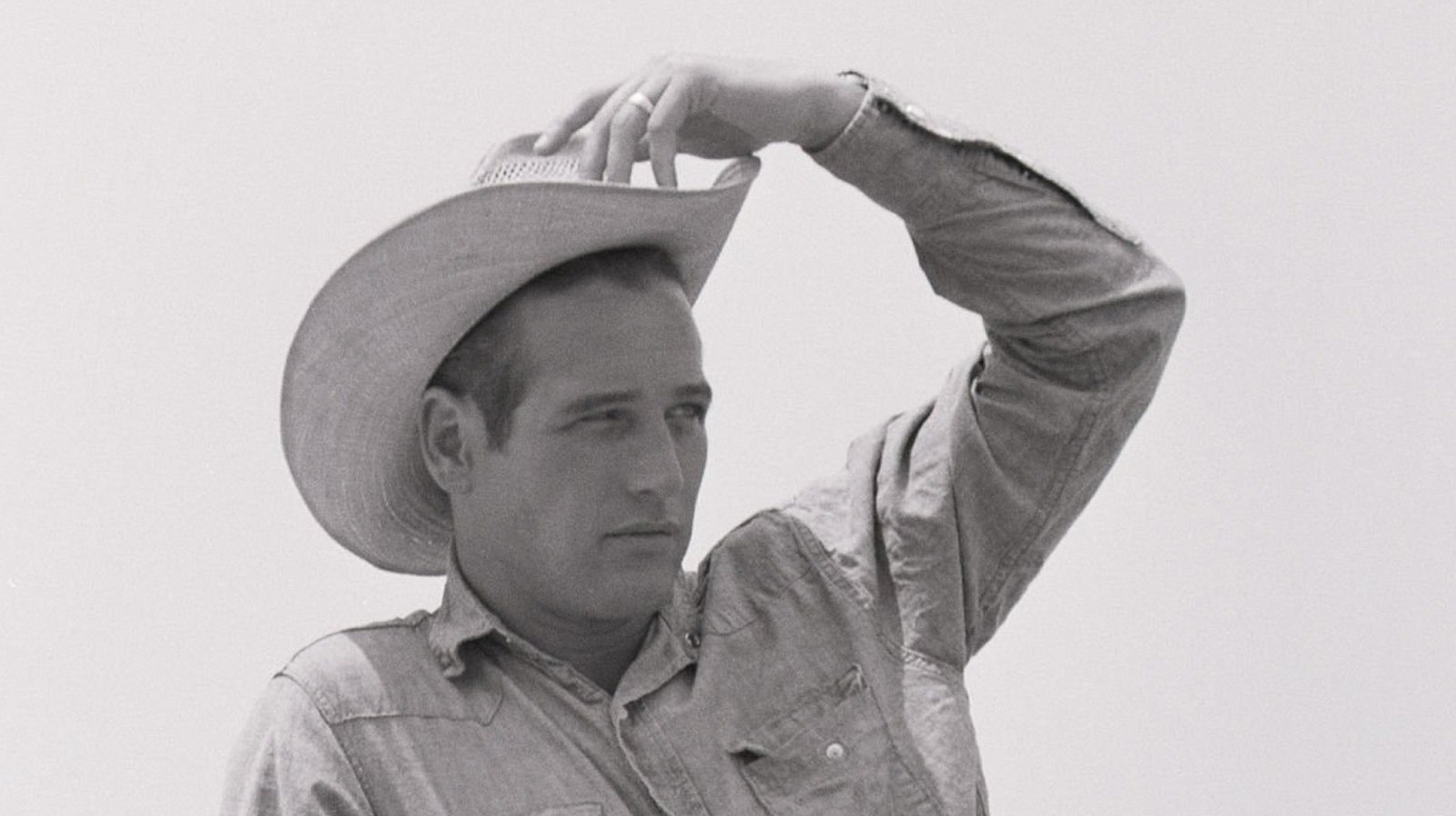
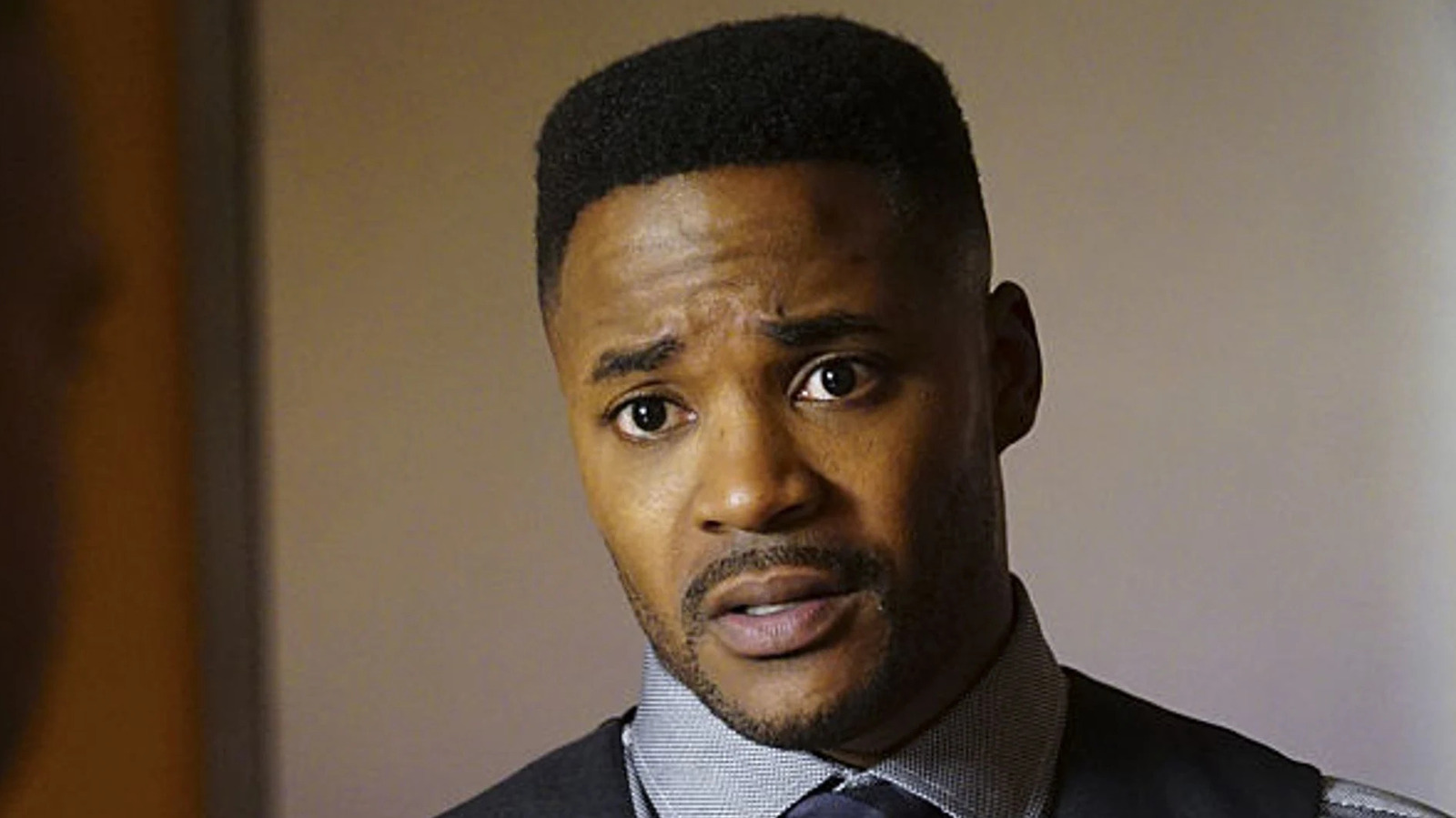














![‘Sirât’ Review: A Father Searches For His Daughter As The World Begins to Crumble [Cannes]](https://cdn.theplaylist.net/wp-content/uploads/2025/05/22062108/Sirat1.jpg)
![‘The Mastermind’ Review: Josh O’Connor Leads Kelly Reichardt’s Scruffy, Anti-Heist Tale Of Art, Apathy & American Decay [Cannes]](https://cdn.theplaylist.net/wp-content/uploads/2025/04/30224851/Mastermind_Promo_04.08.28.01.jpg)
![‘Honey Don’t!’ Review: Margaret Qualley Sleuths, Seduces & Struts Through Ethan Coen’s Shaggy, Lesbian Noir-Comedy [Cannes]](https://cdn.theplaylist.net/wp-content/uploads/2025/05/07061217/4232_D013_00977_R.jpg)
![‘Friendship’: Andrew DeYoung On Tim Robinson, Paul Rudd, & The Wildest, Cringiest Buddy Comedy Of The Year [The Discourse Podcast]](https://cdn.theplaylist.net/wp-content/uploads/2025/05/22133754/FRIENDSHIP-Poster.jpg)







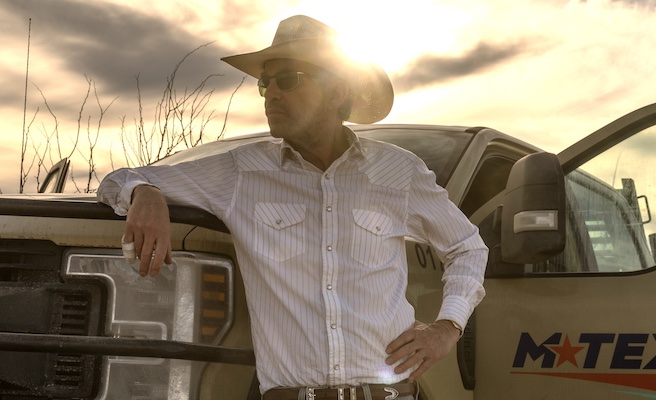
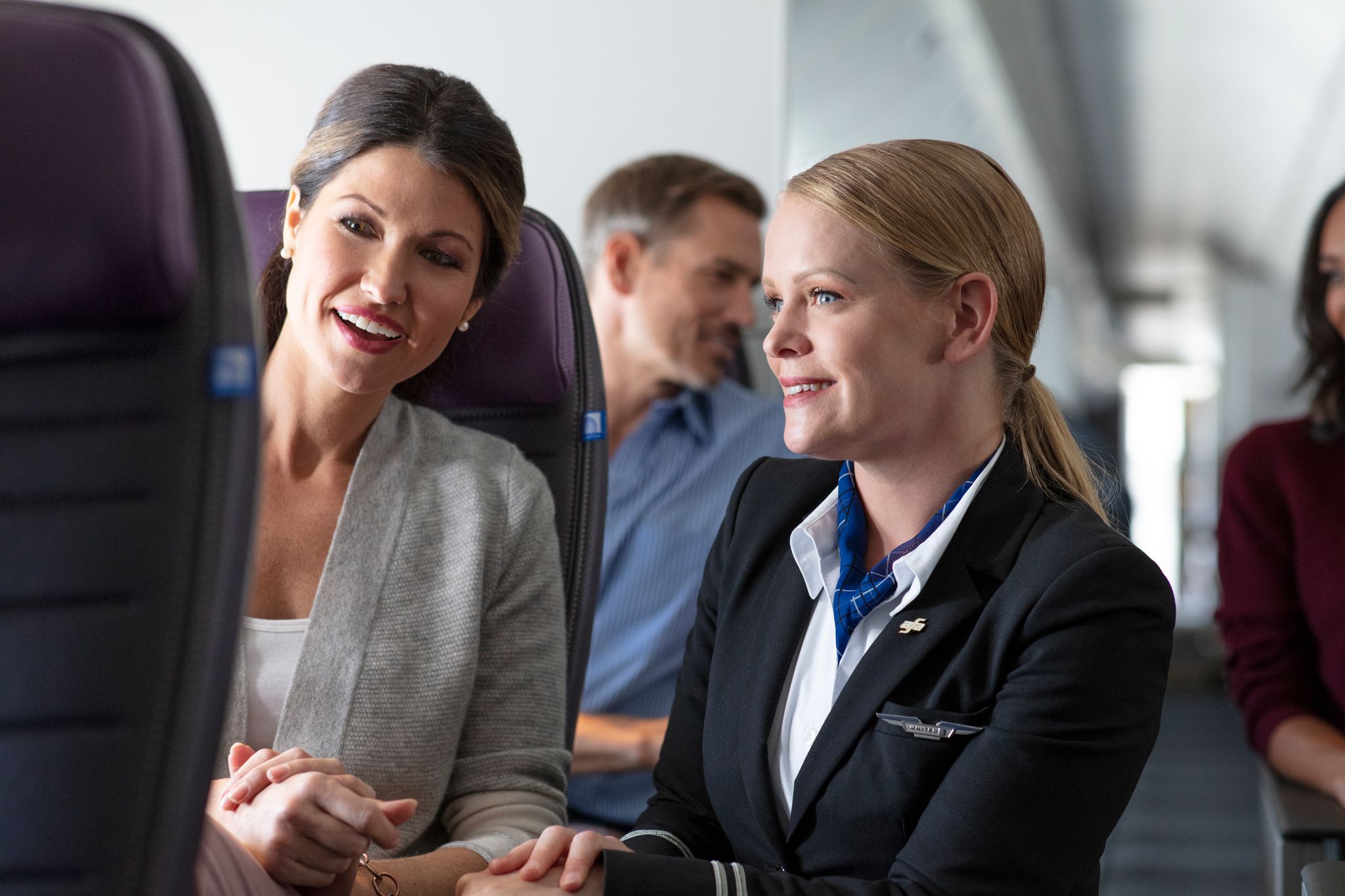



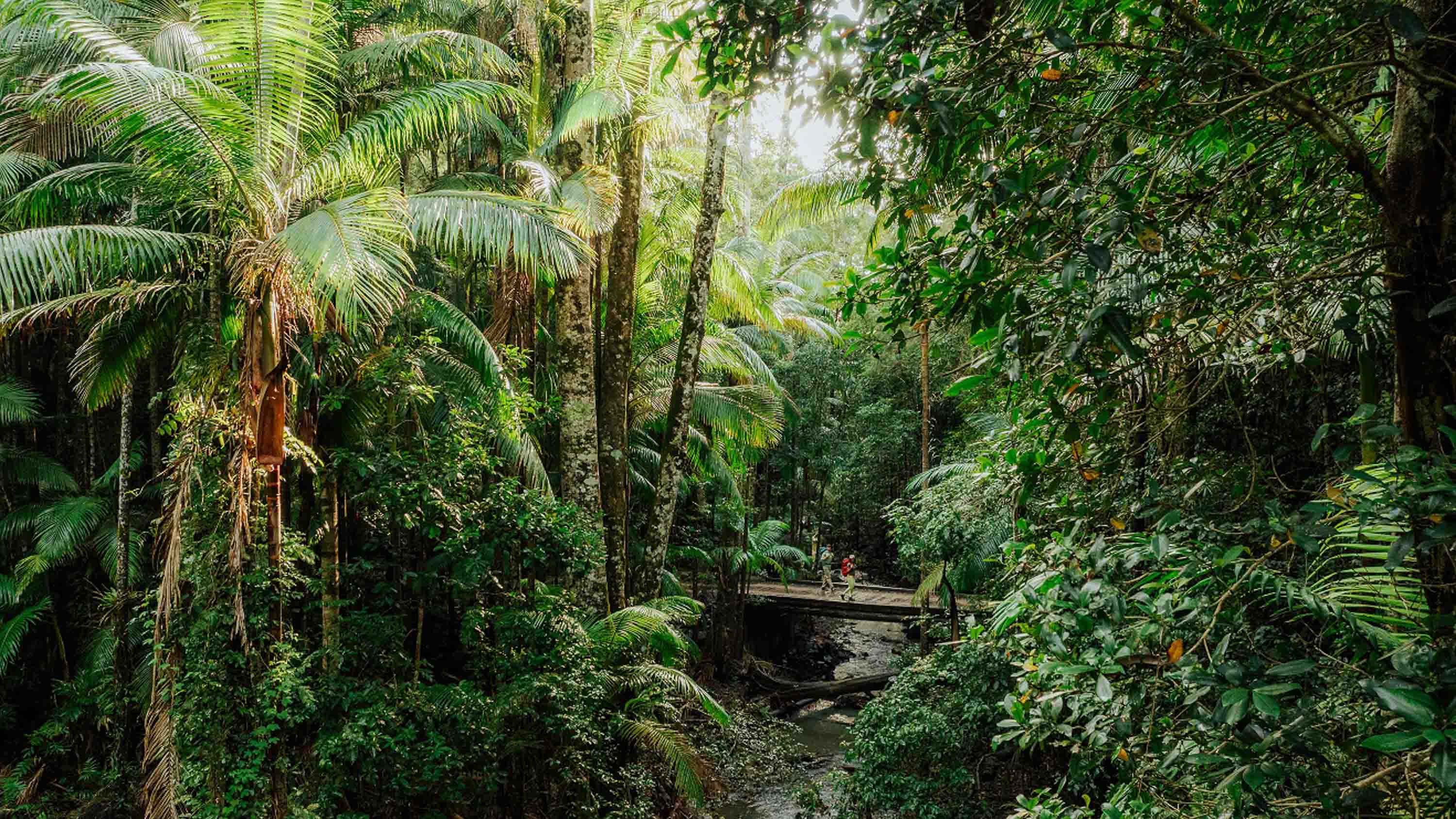

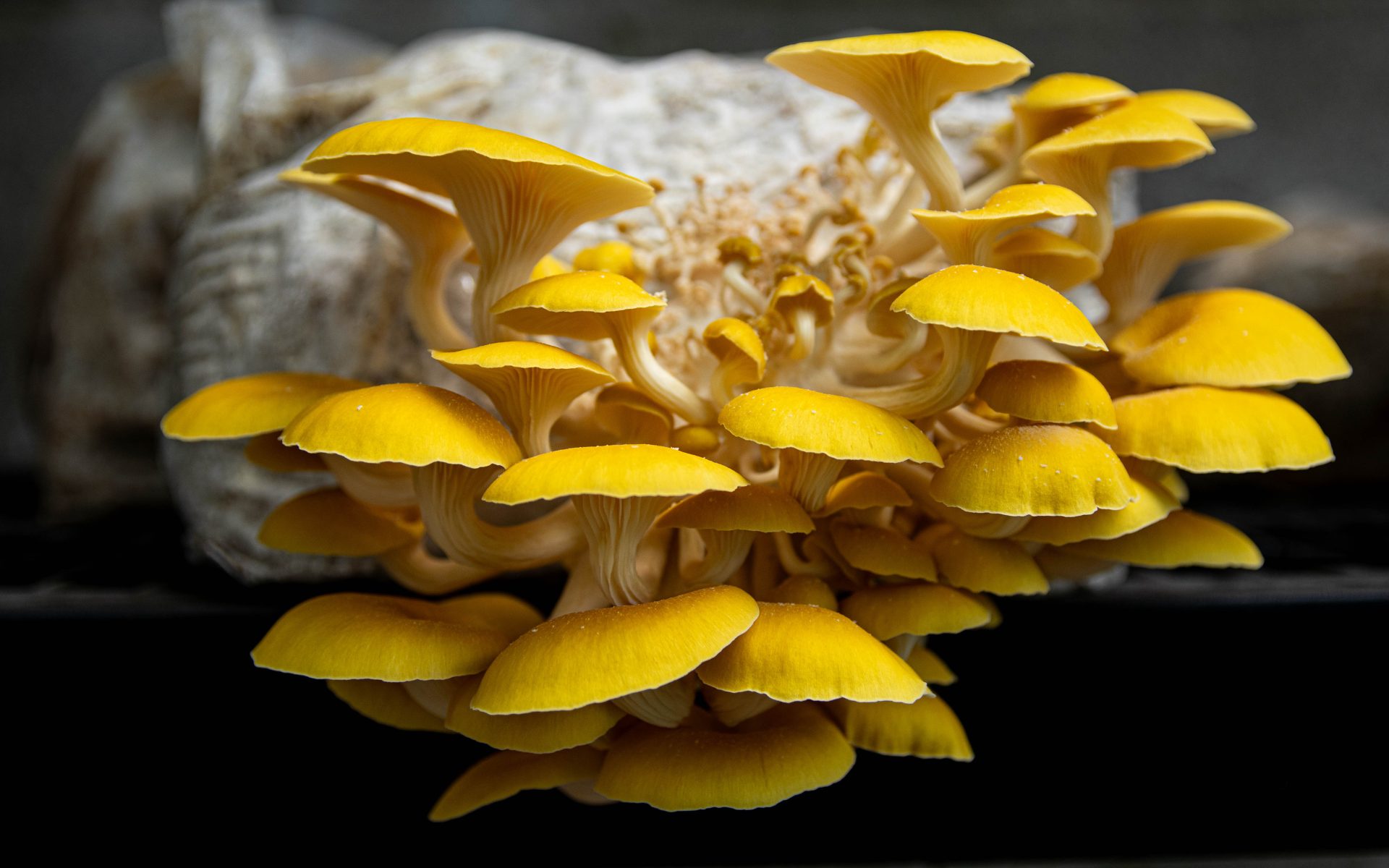








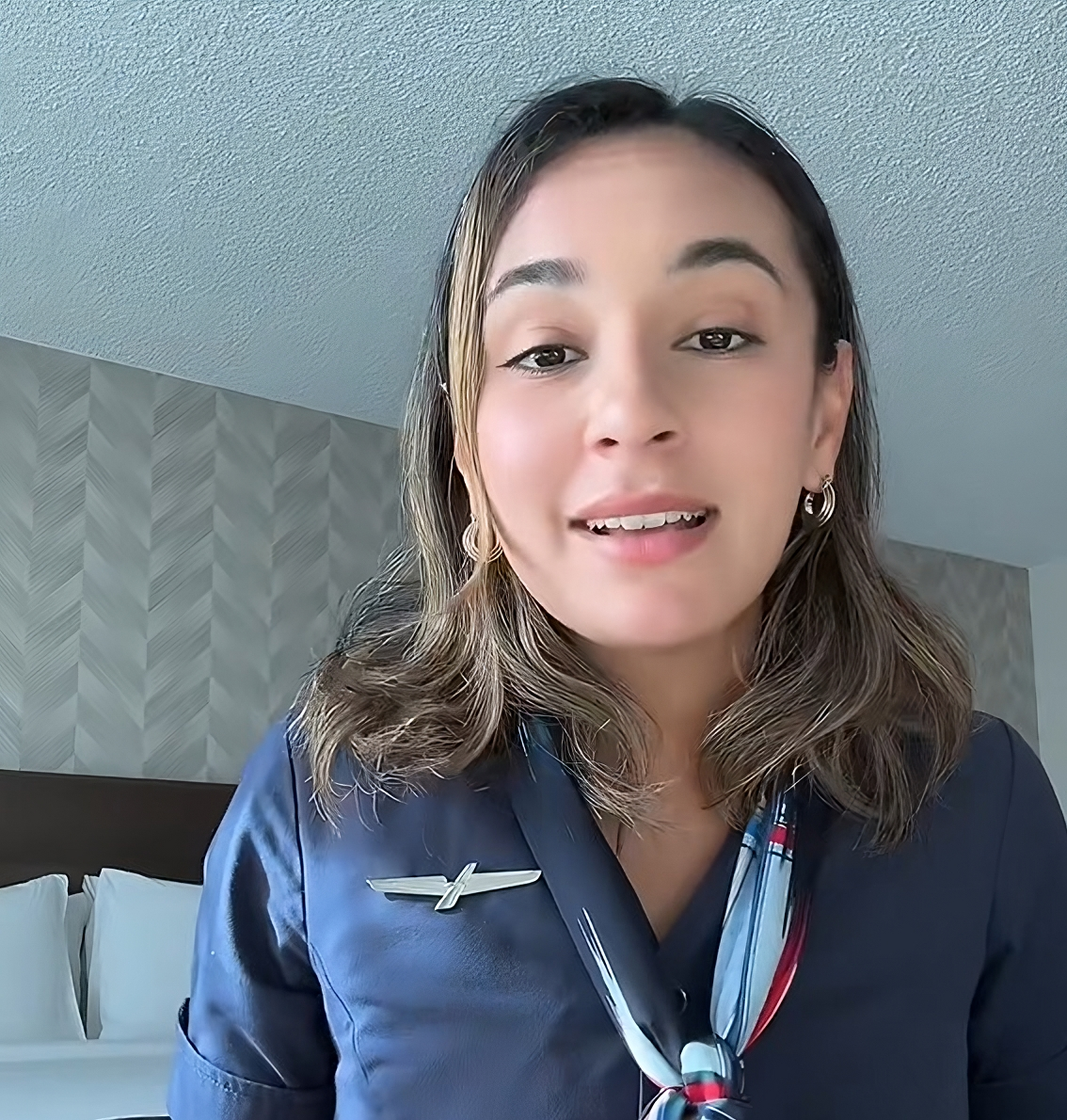


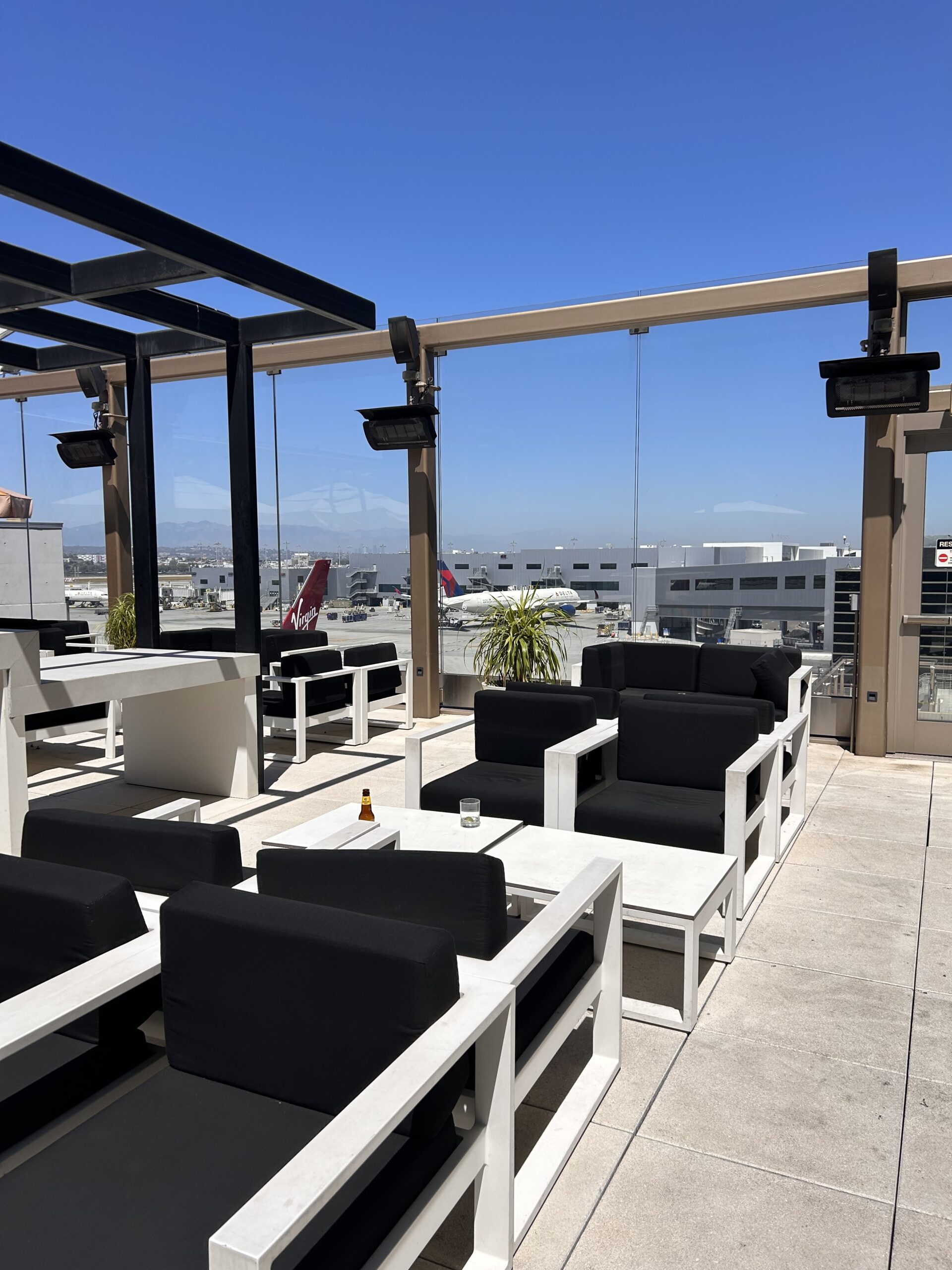




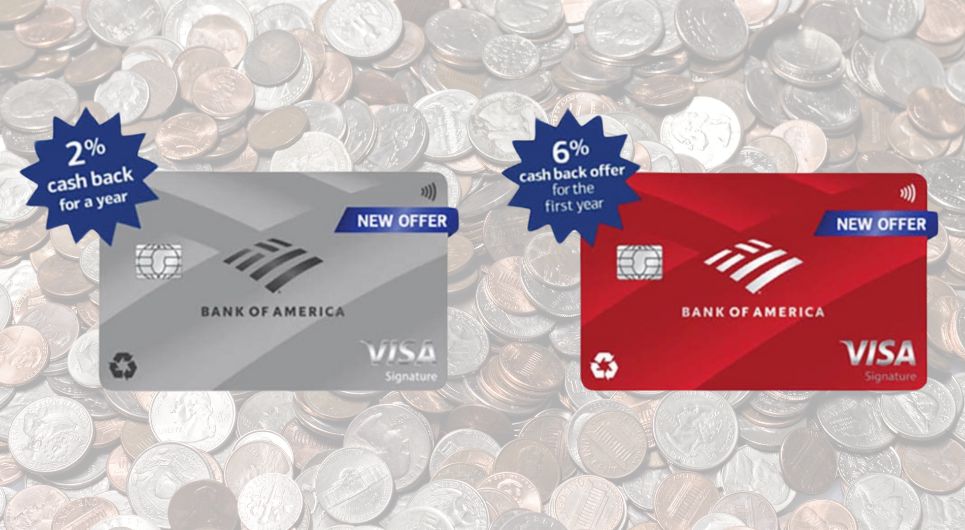


![Rainstorms or rainbows? Motivation to strike while the iron is hot [Week in review]](https://frequentmiler.com/wp-content/uploads/2025/05/Rainstorms-or-Rainbows.jpg?#)





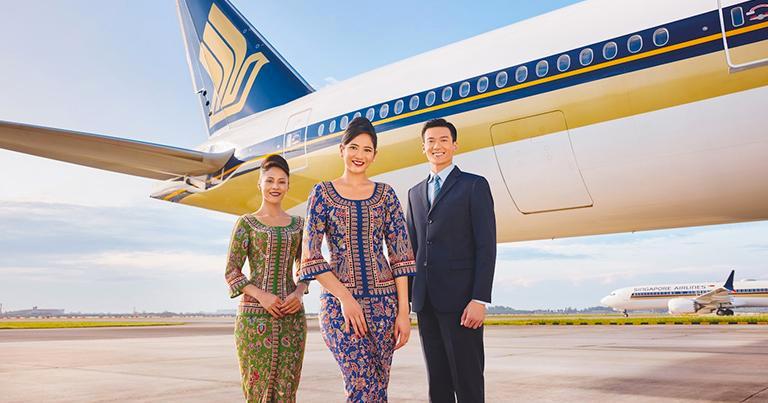



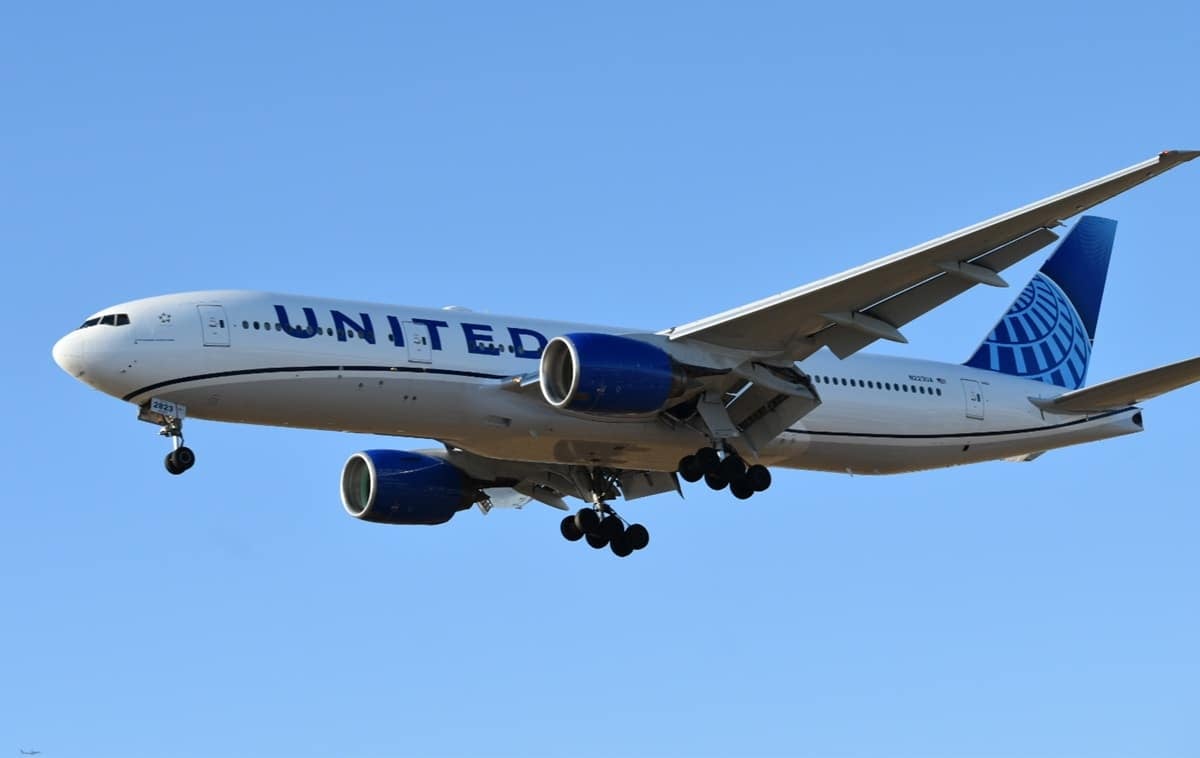

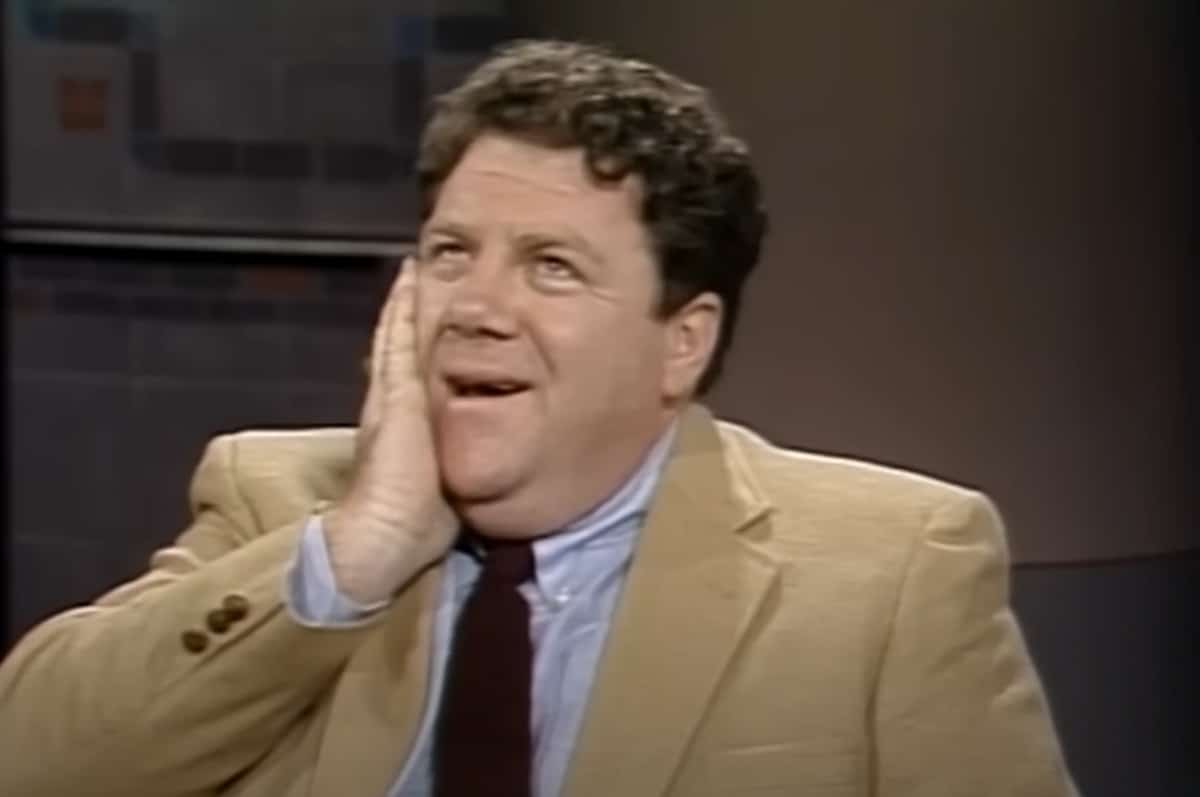
















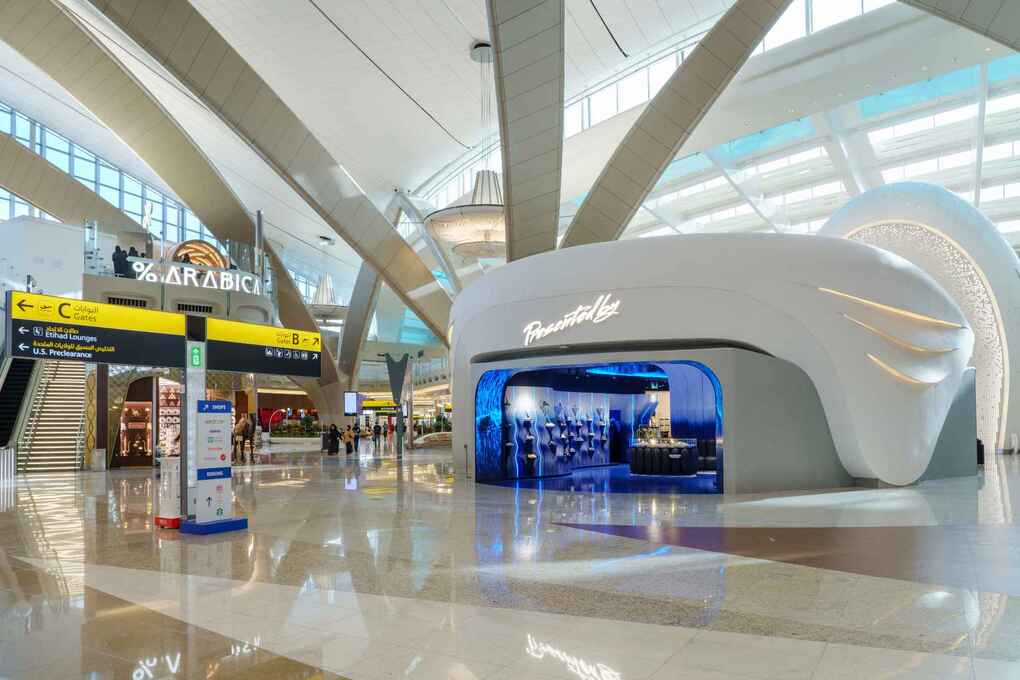











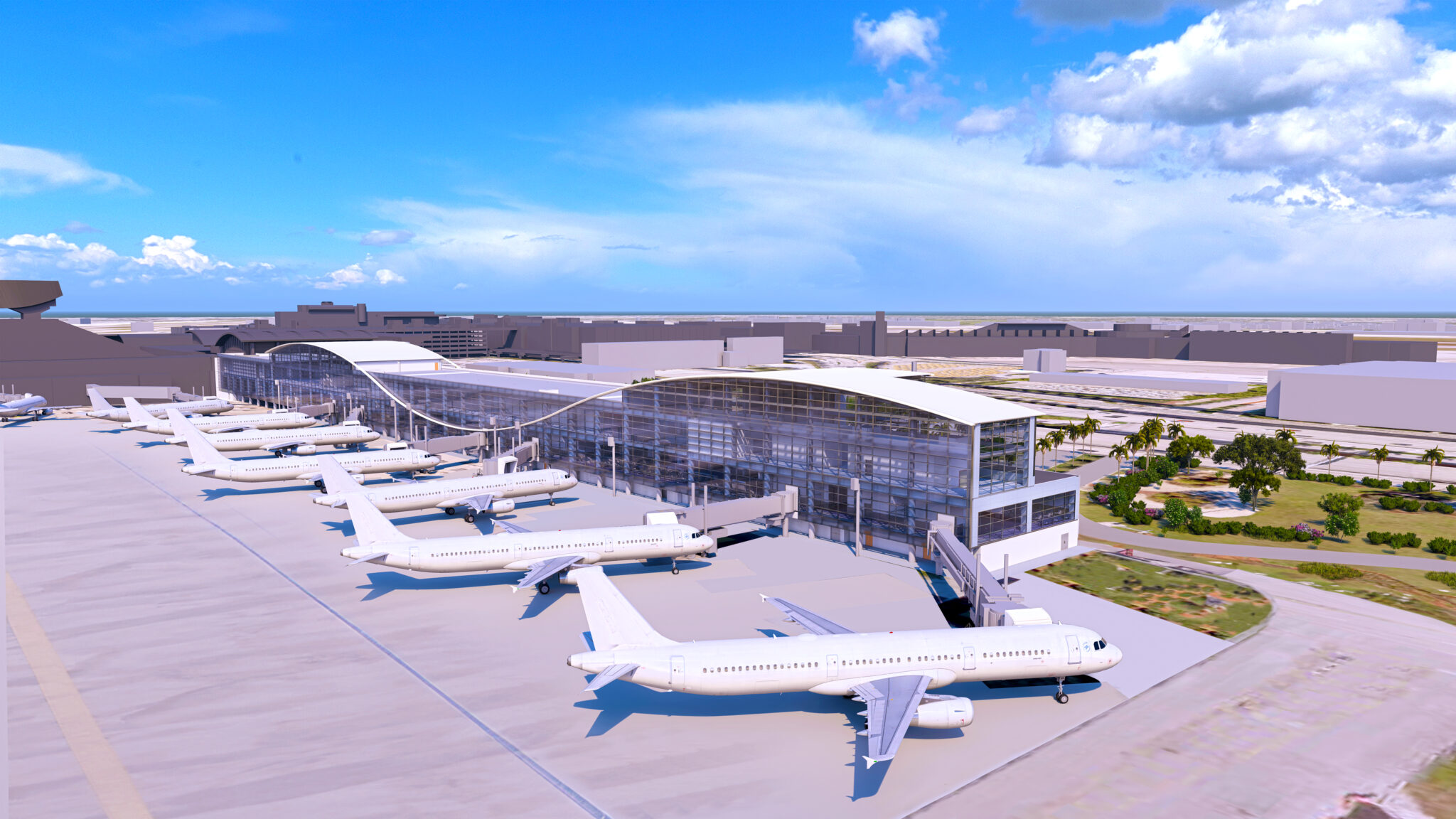
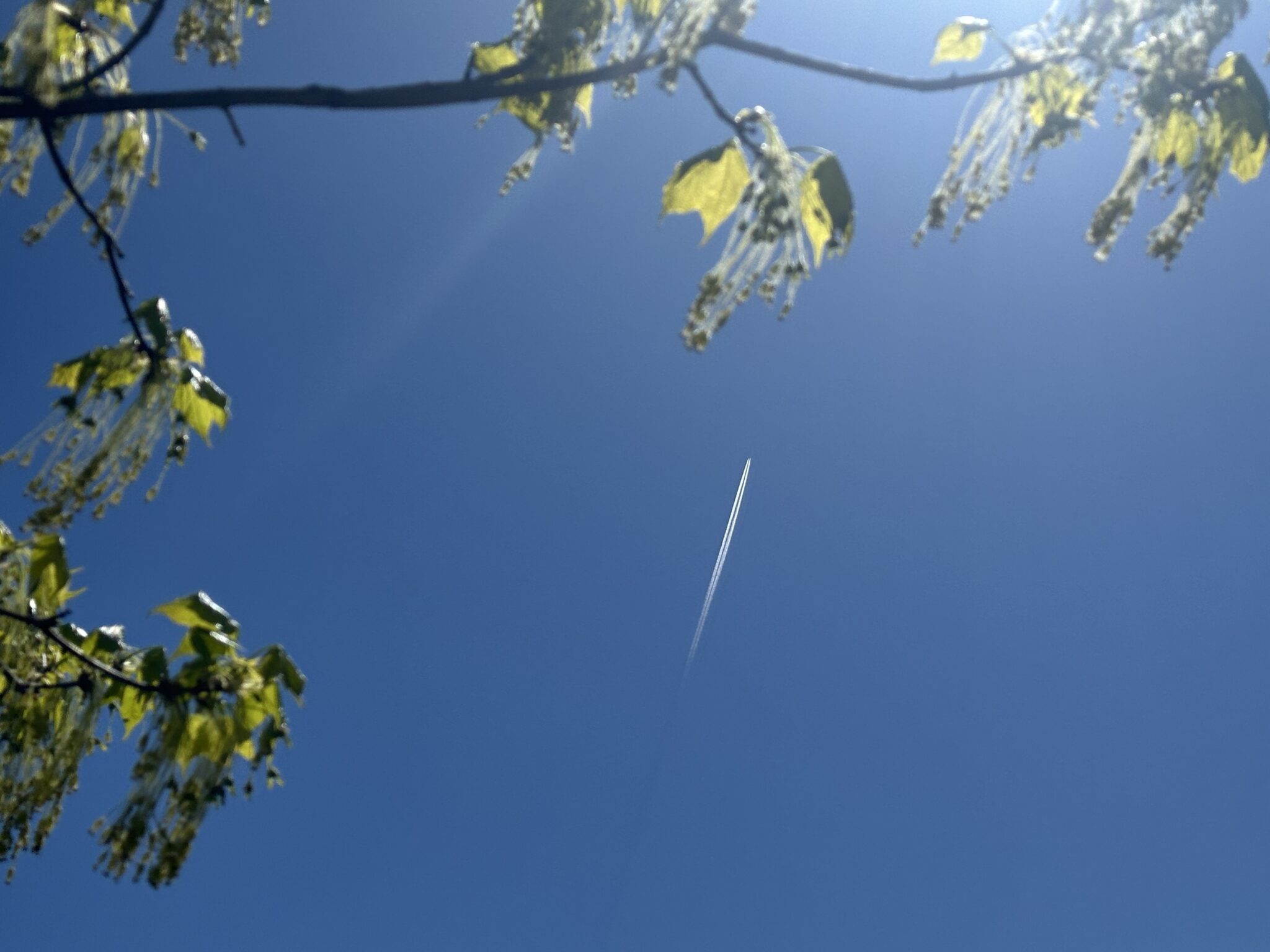



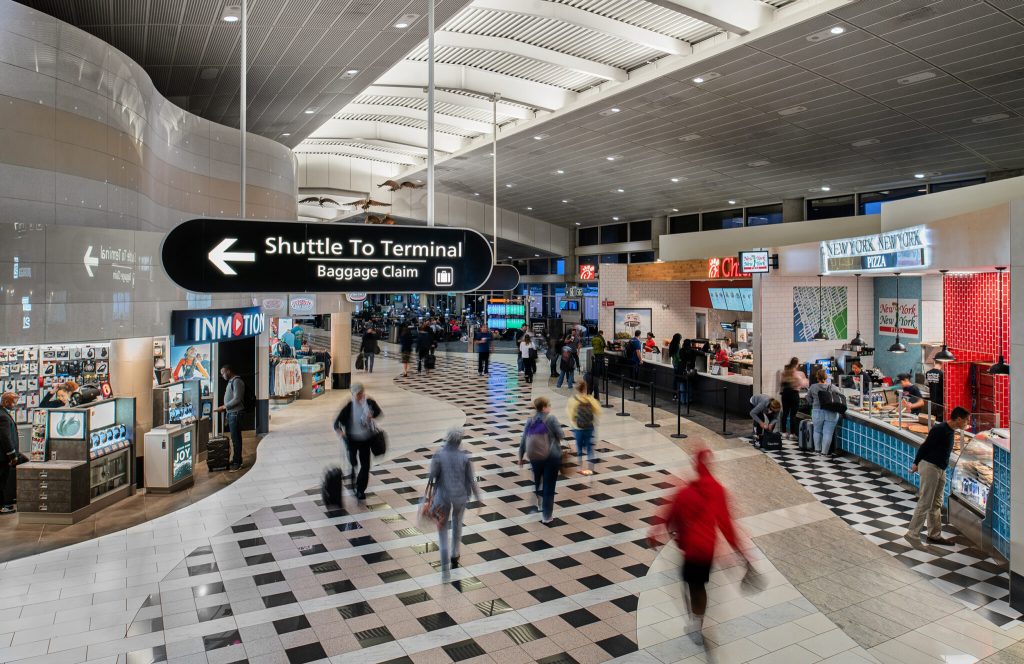





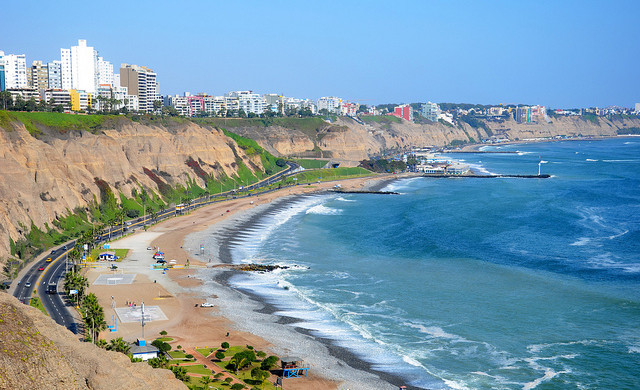
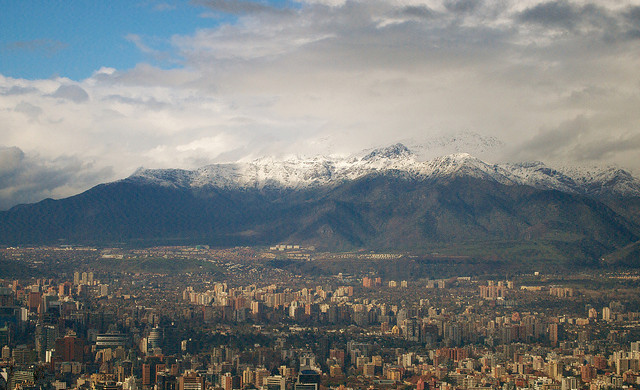
















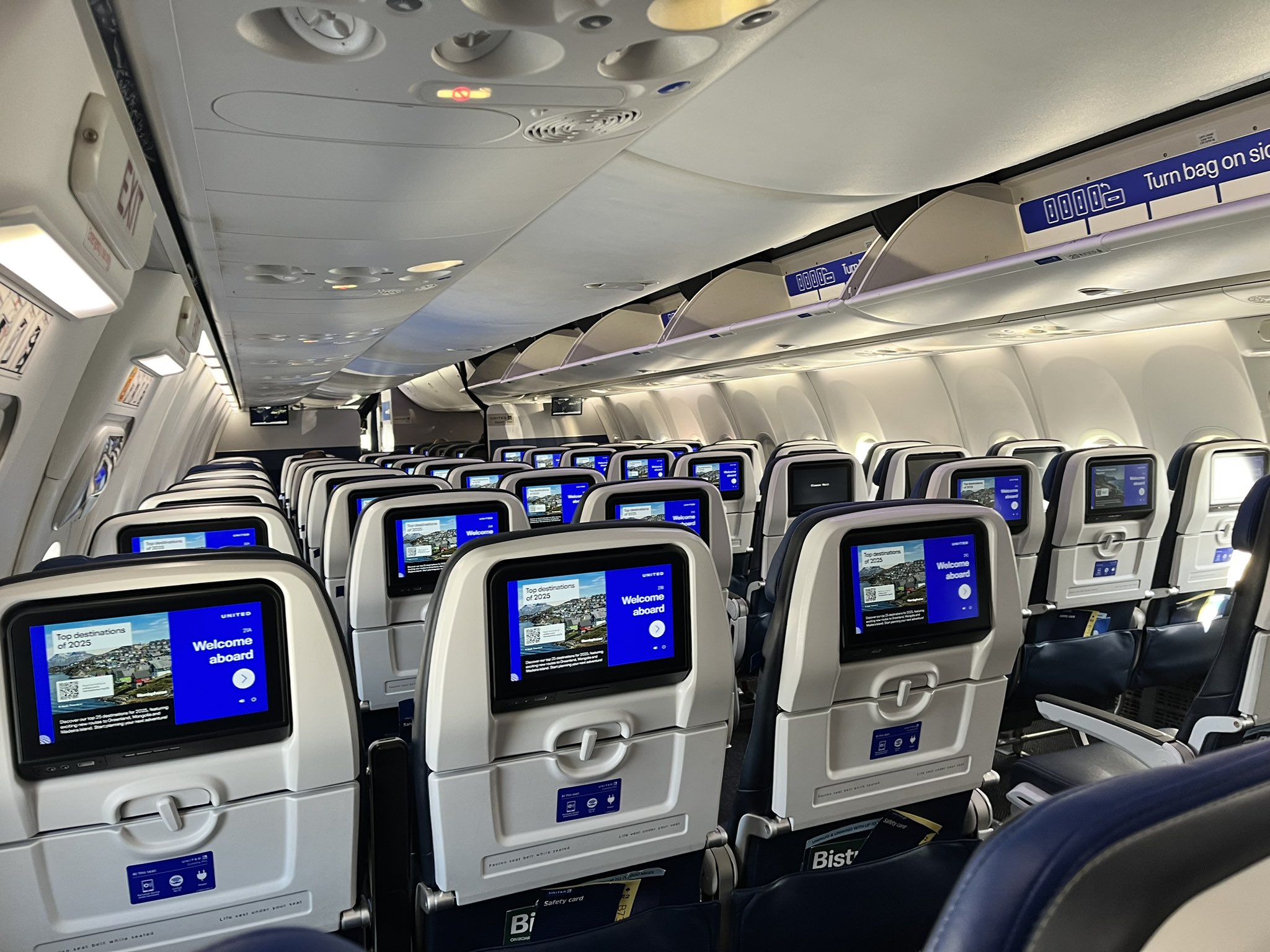
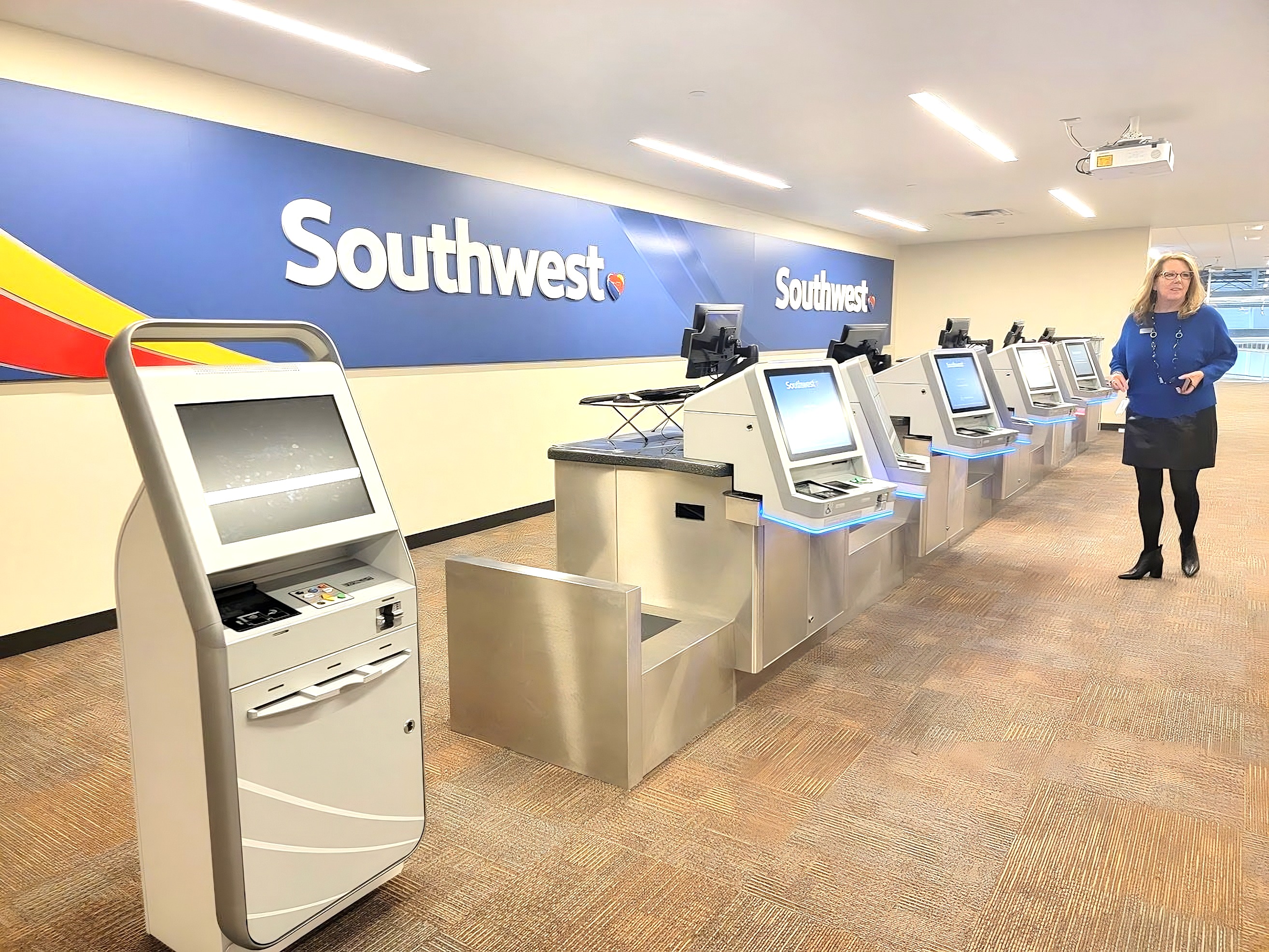

















-1-52-screenshot.png?width=1920&height=1920&fit=bounds&quality=70&format=jpg&auto=webp#)





























































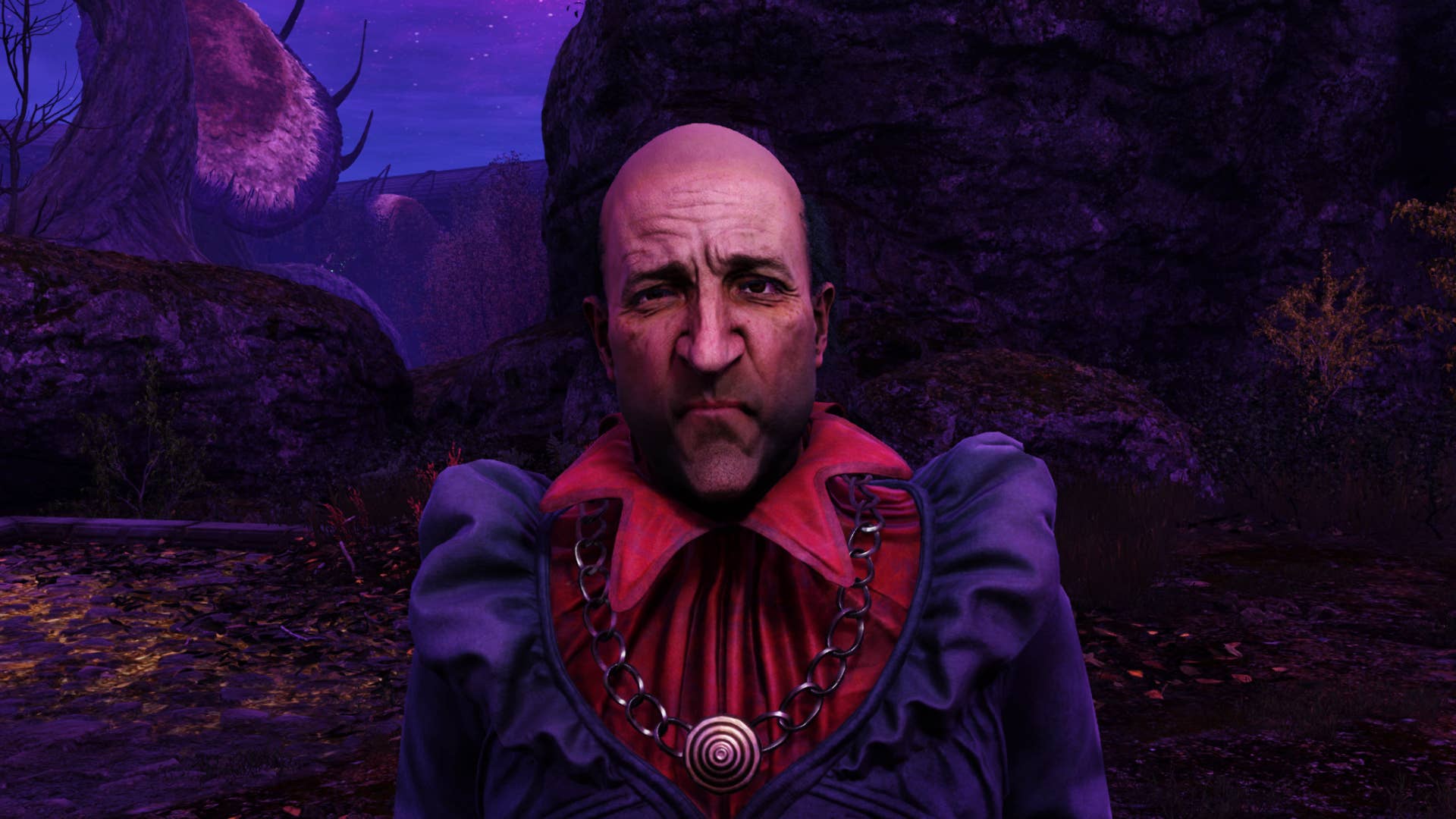













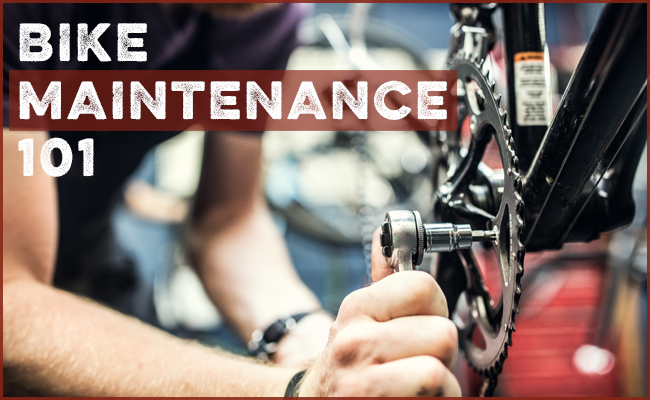






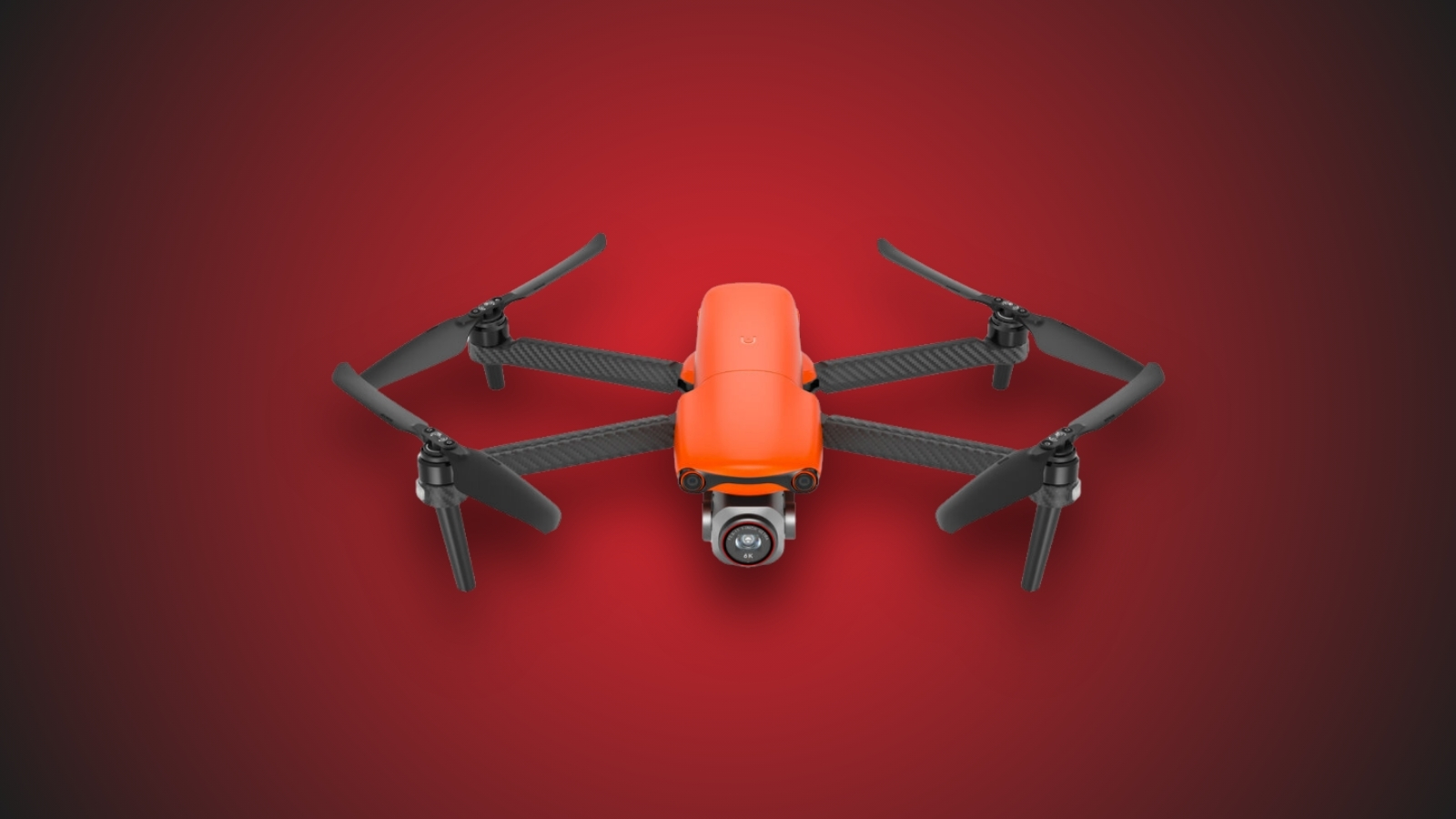
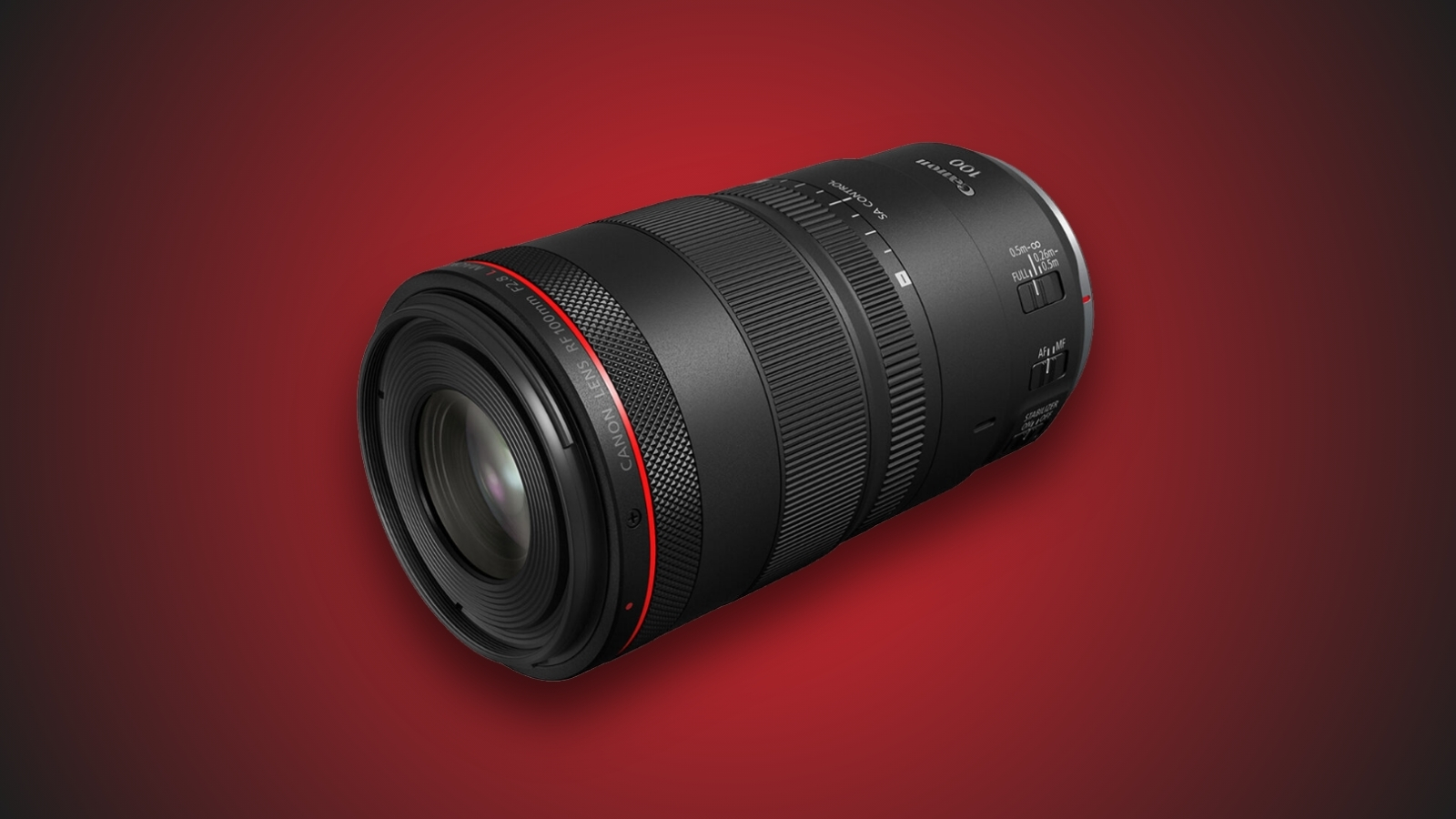



































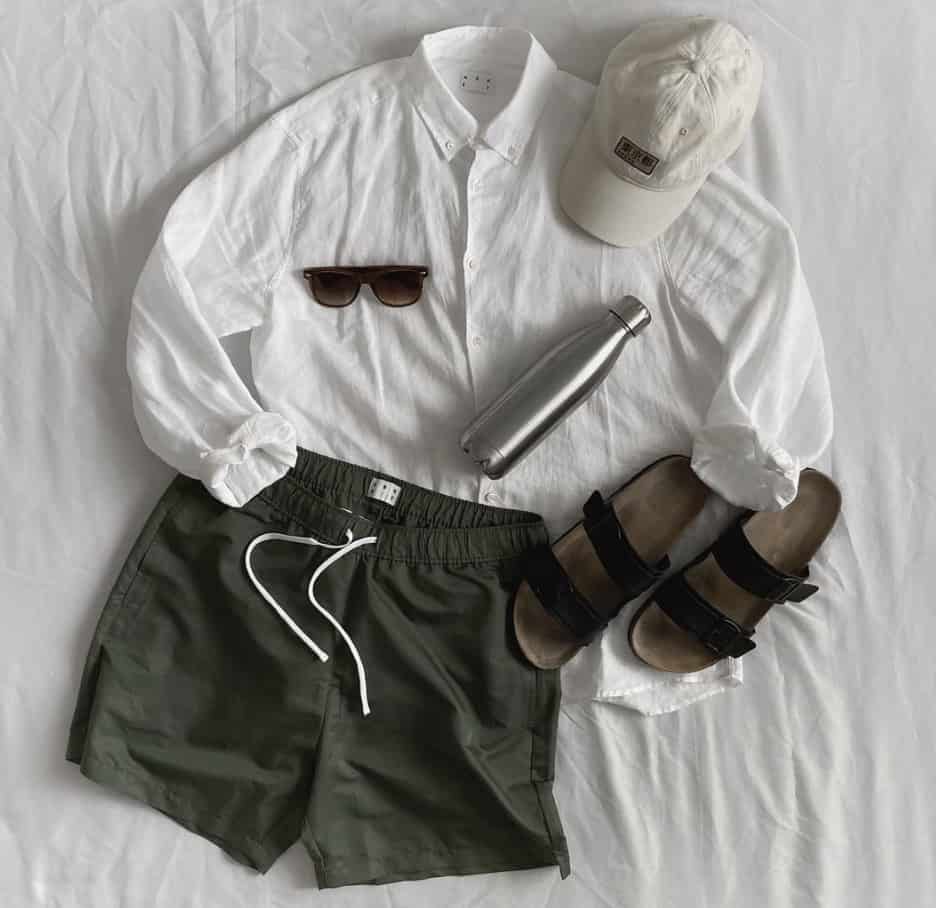





















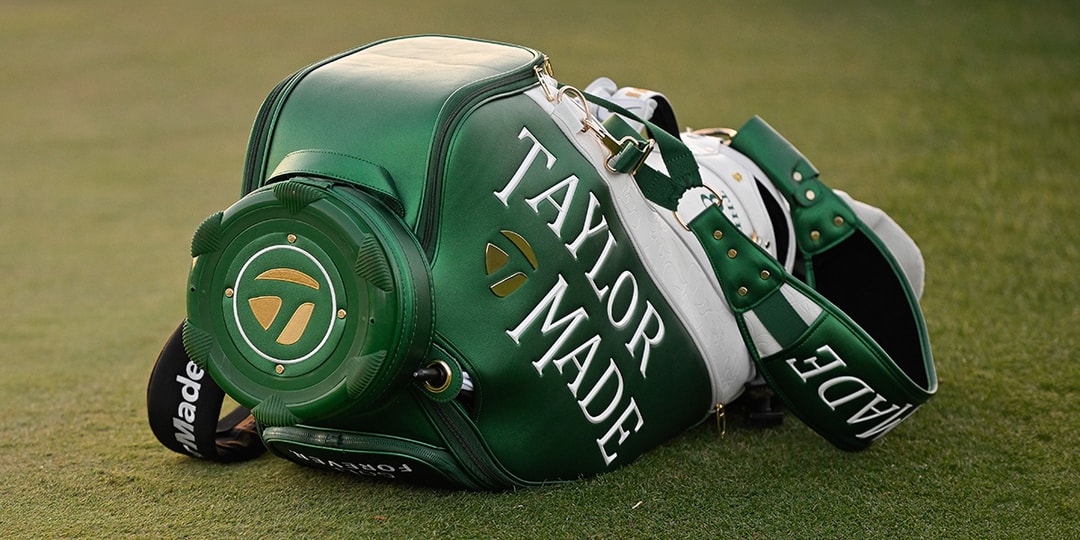
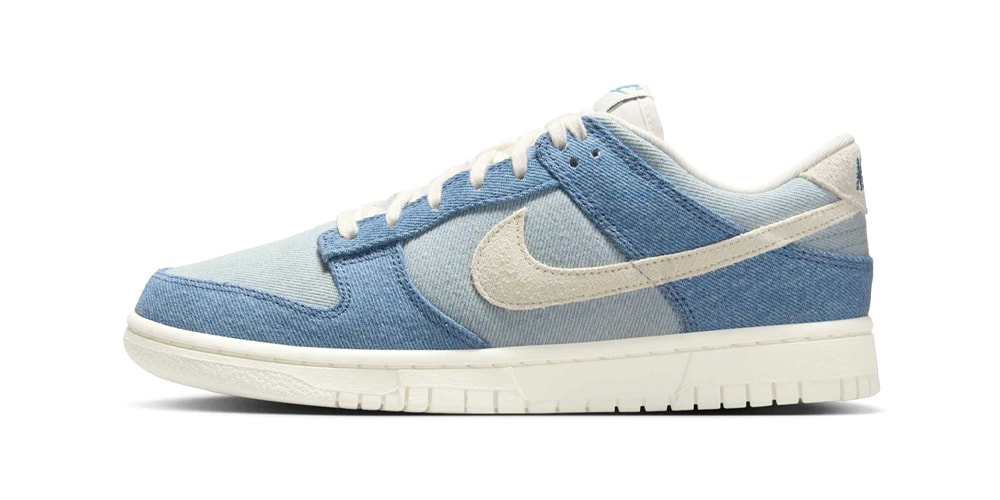

![[Podcast] Making Brands Relevant: How to Connect Culture, Creativity & Commerce with Cyril Louis](https://justcreative.com/wp-content/uploads/2025/05/cyril-lewis-podcast-29.png)








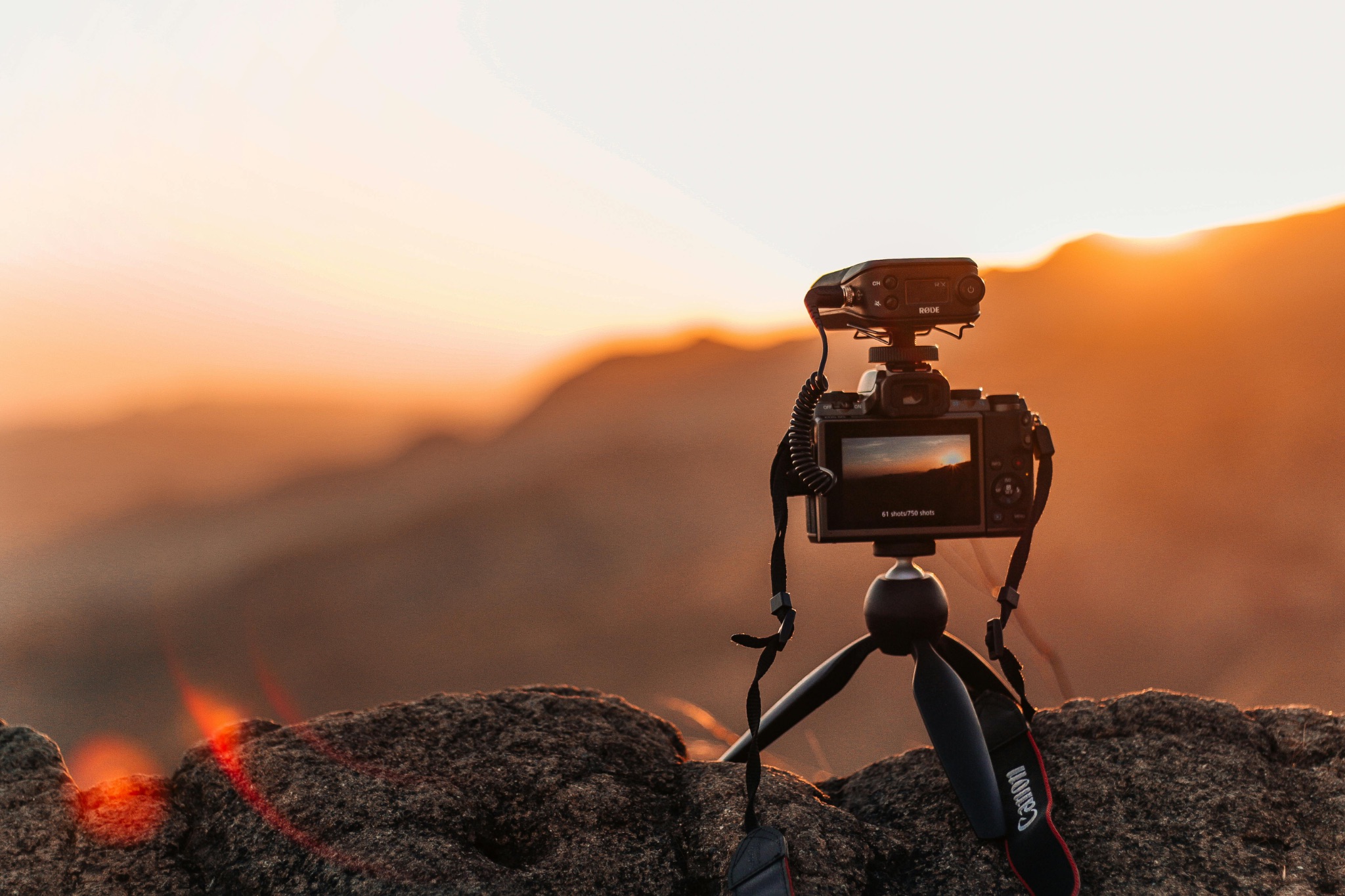


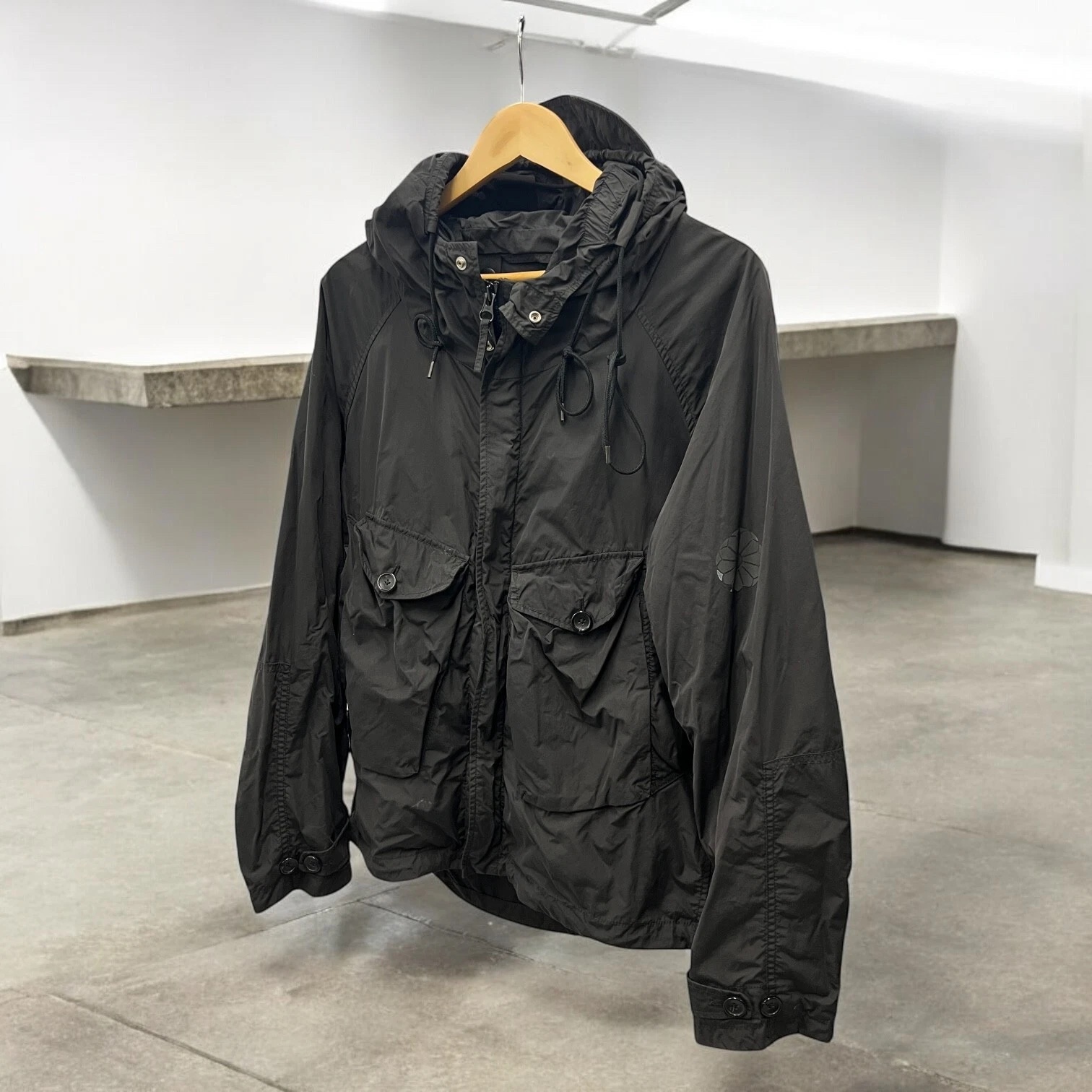




























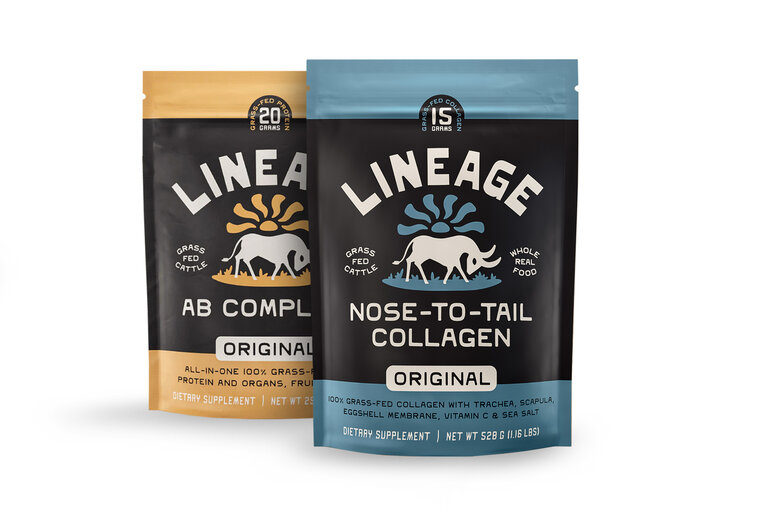

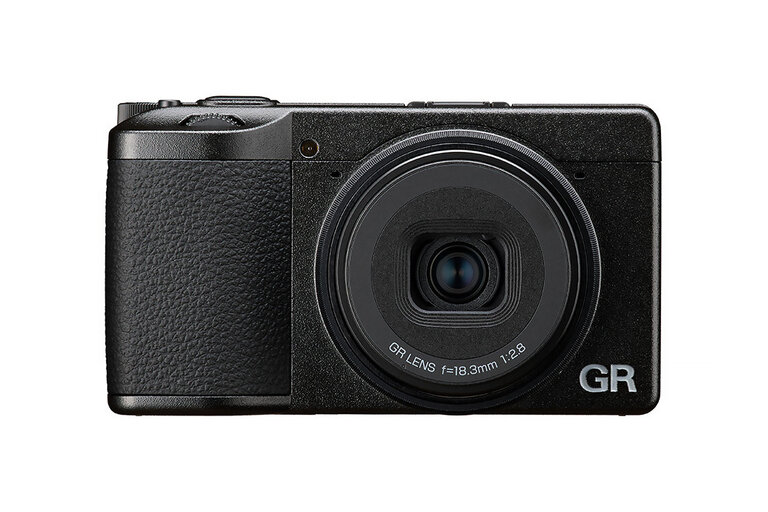






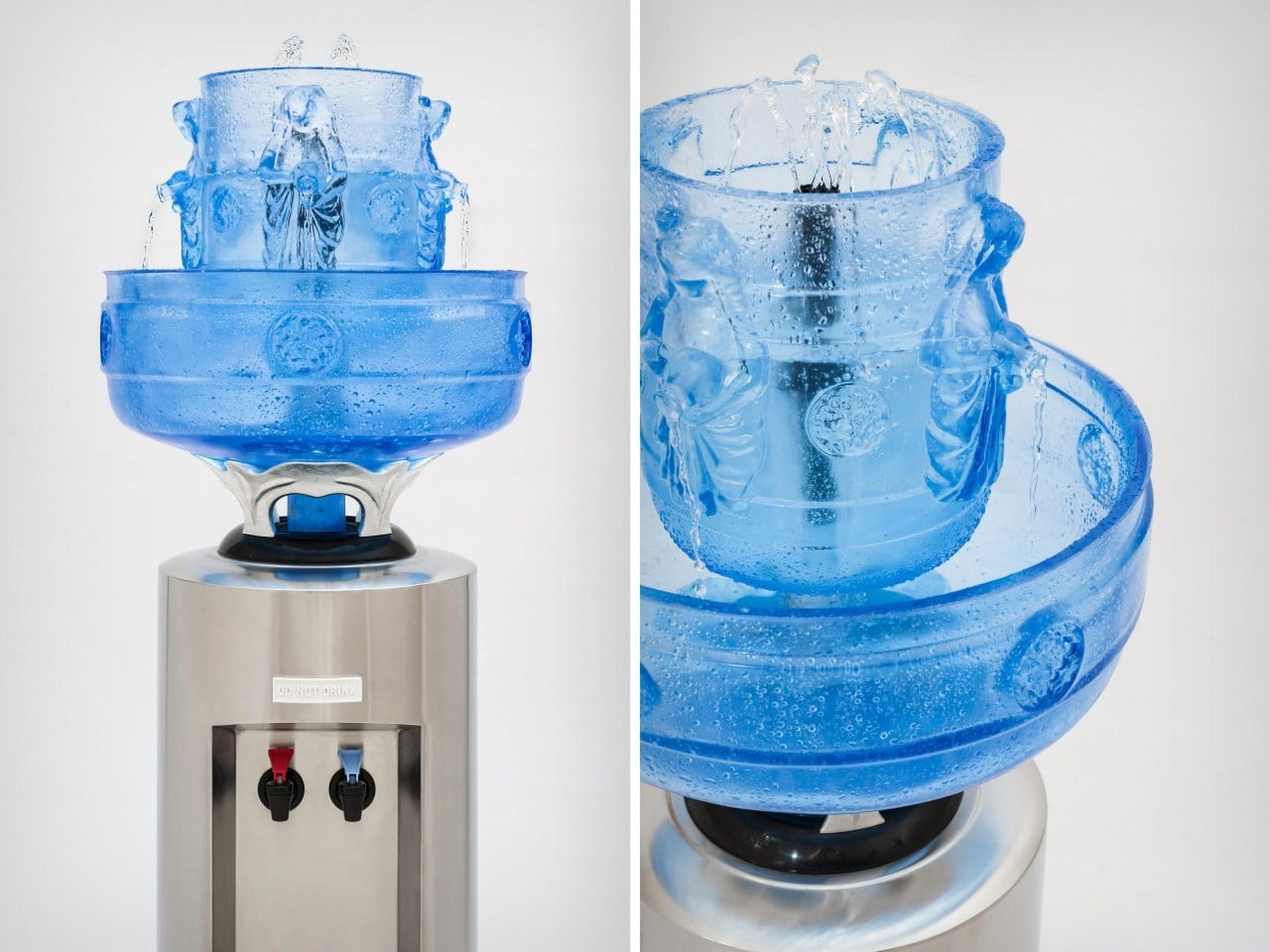
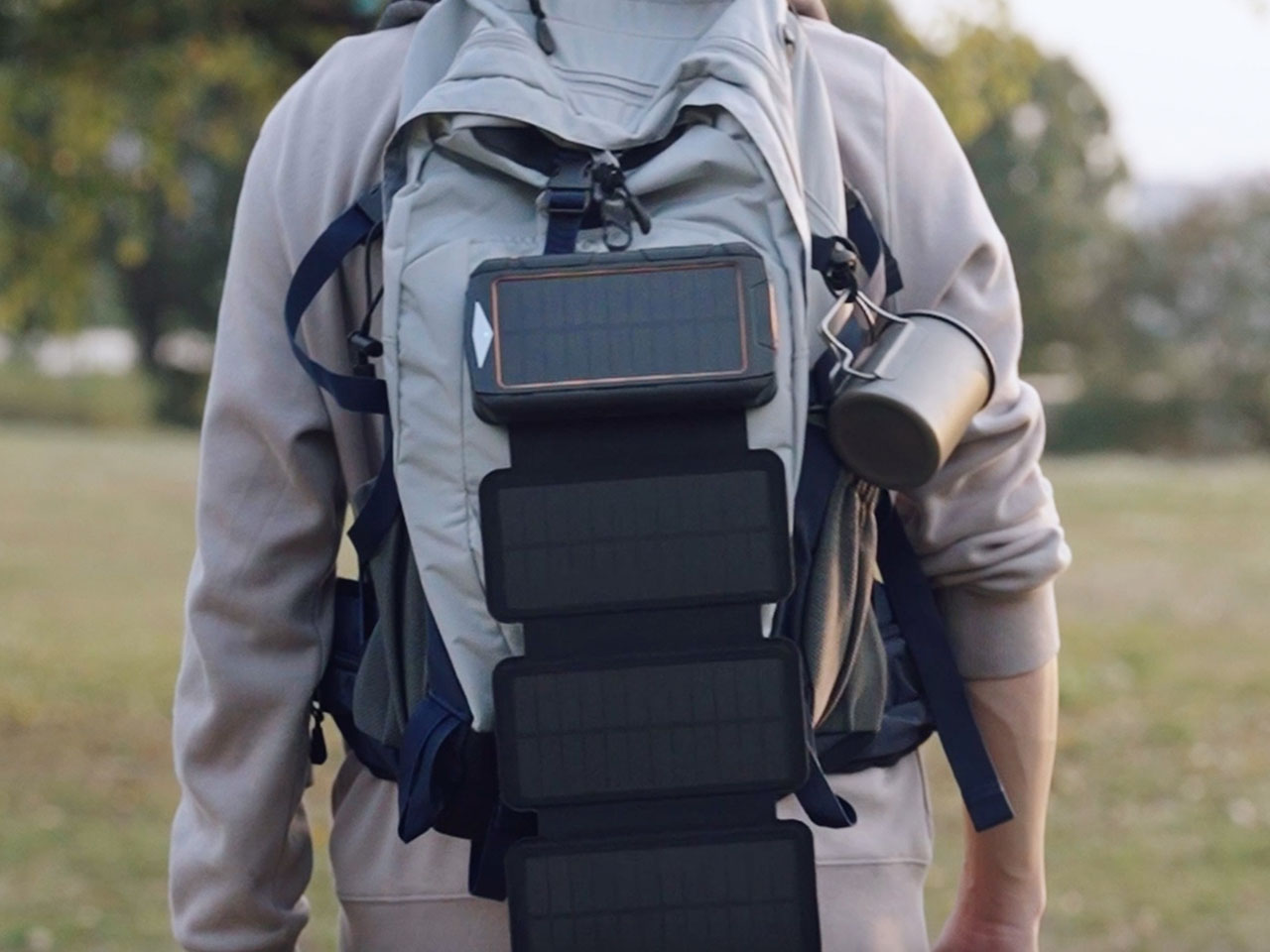





























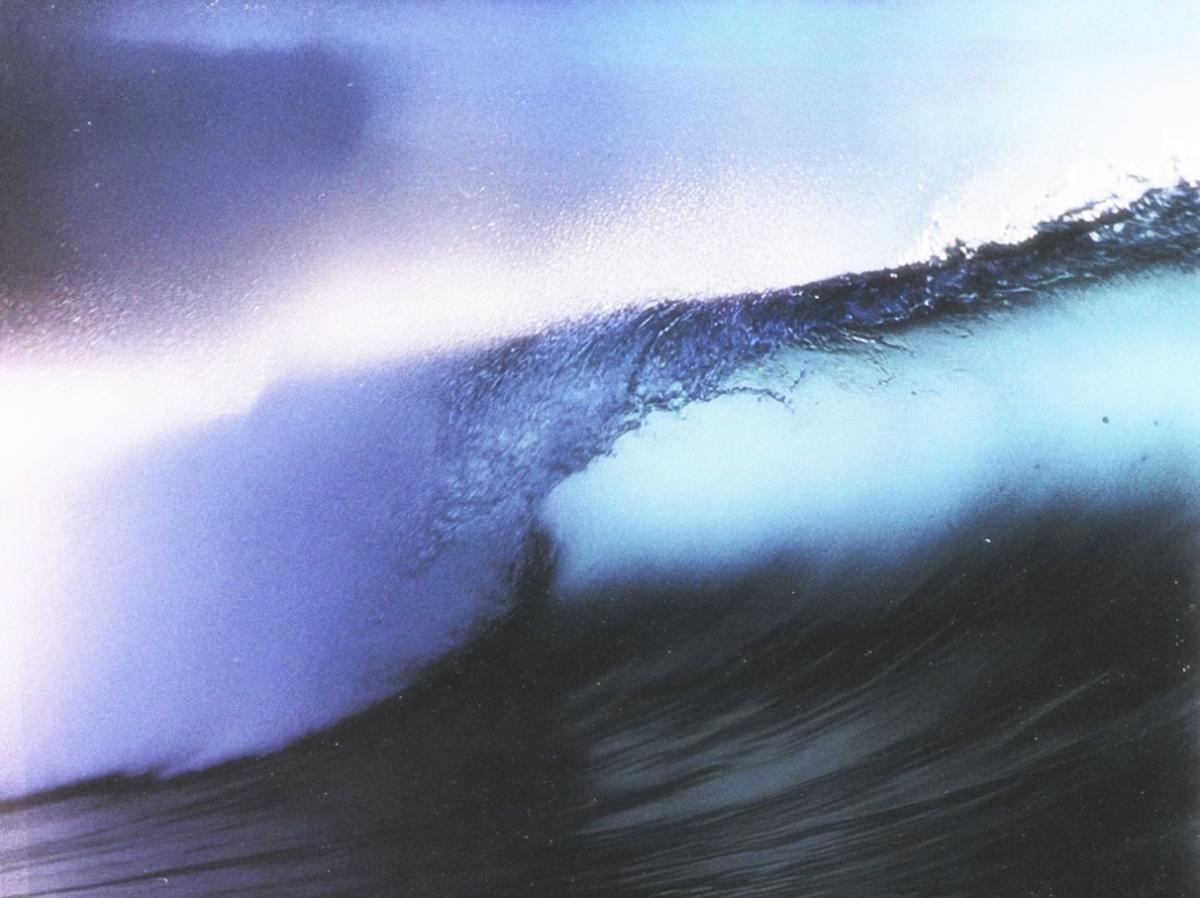















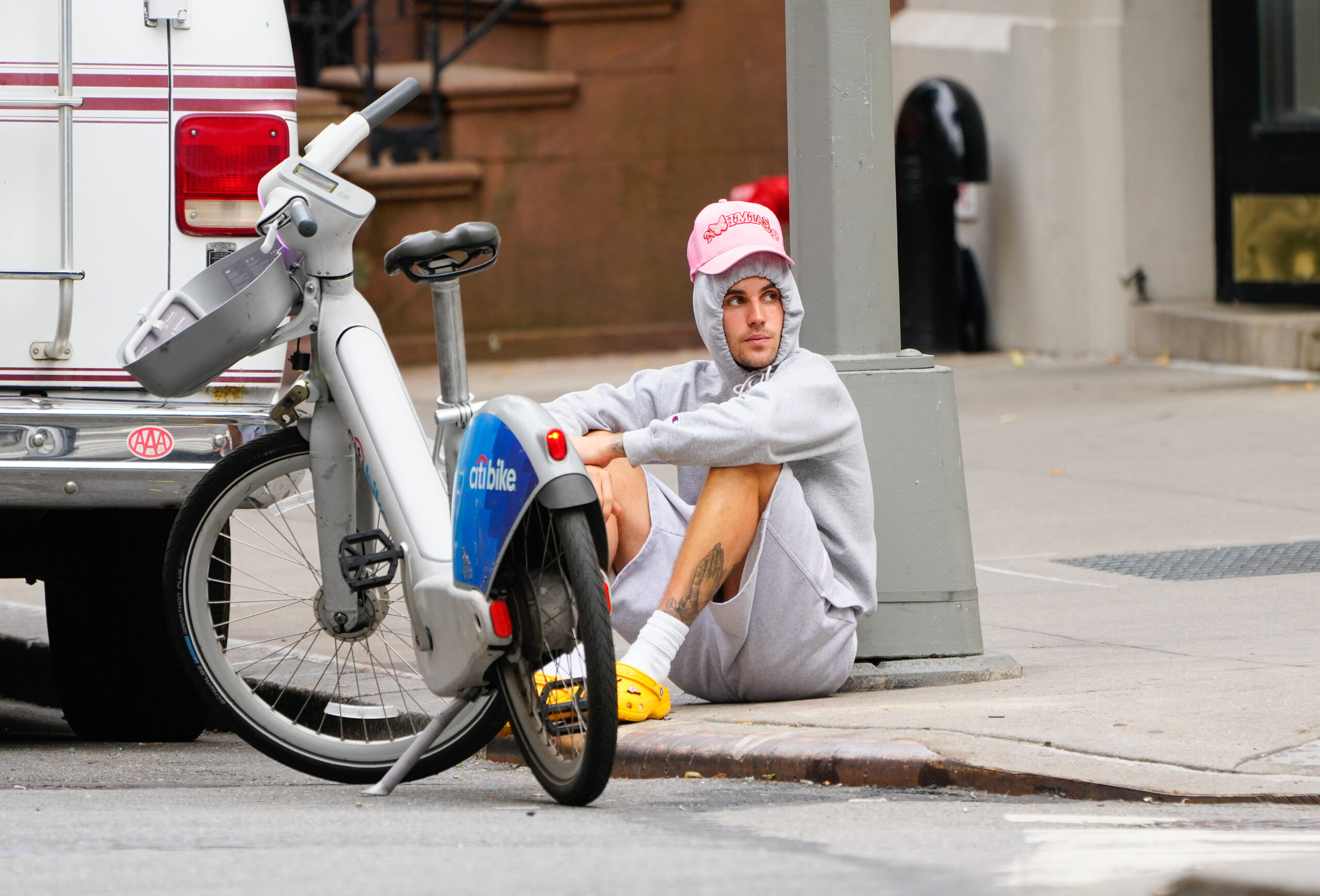













![American Airlines First Class Seat Soaked In Mystery Liquid—Passenger Left Fighting For Refund [Roundup]](https://boardingarea.com/wp-content/uploads/2025/04/1e4359e84a9fc2163b20825fc9da530e.jpg?#)

